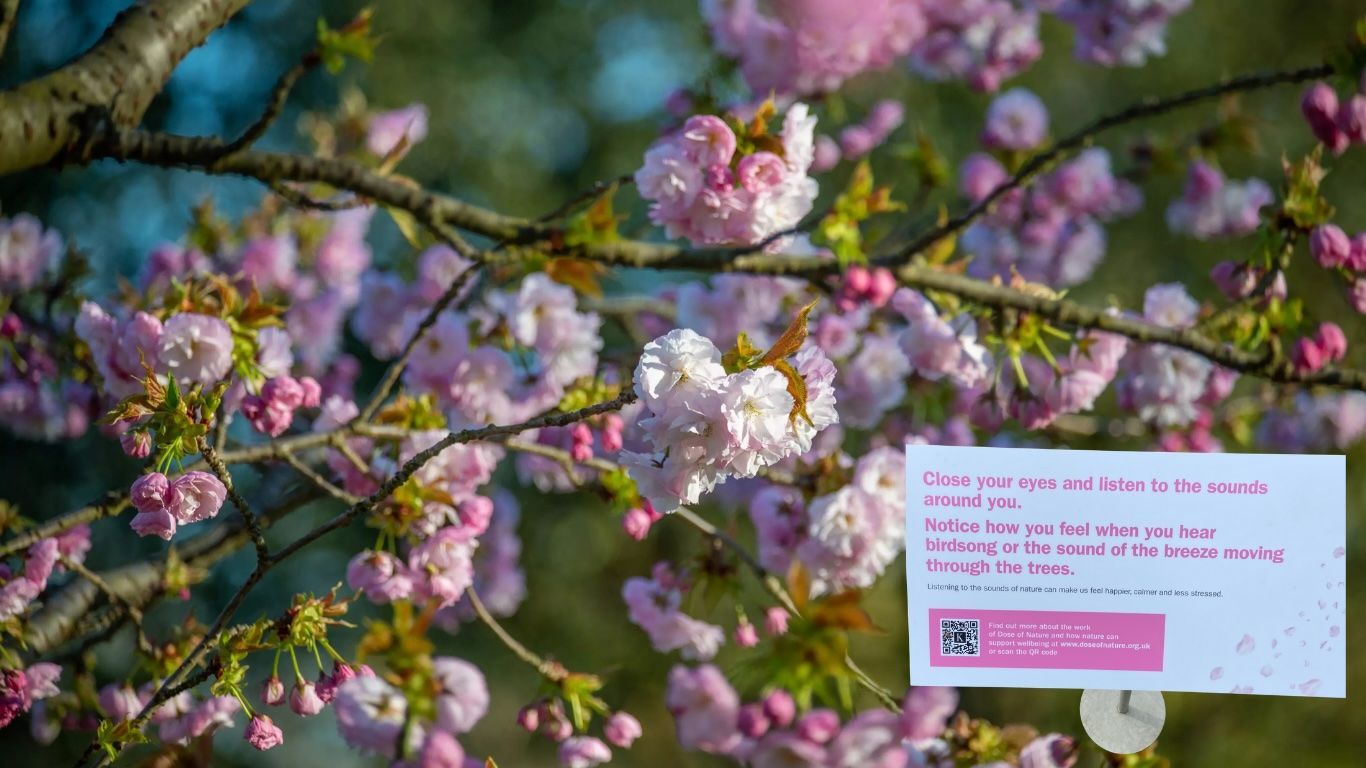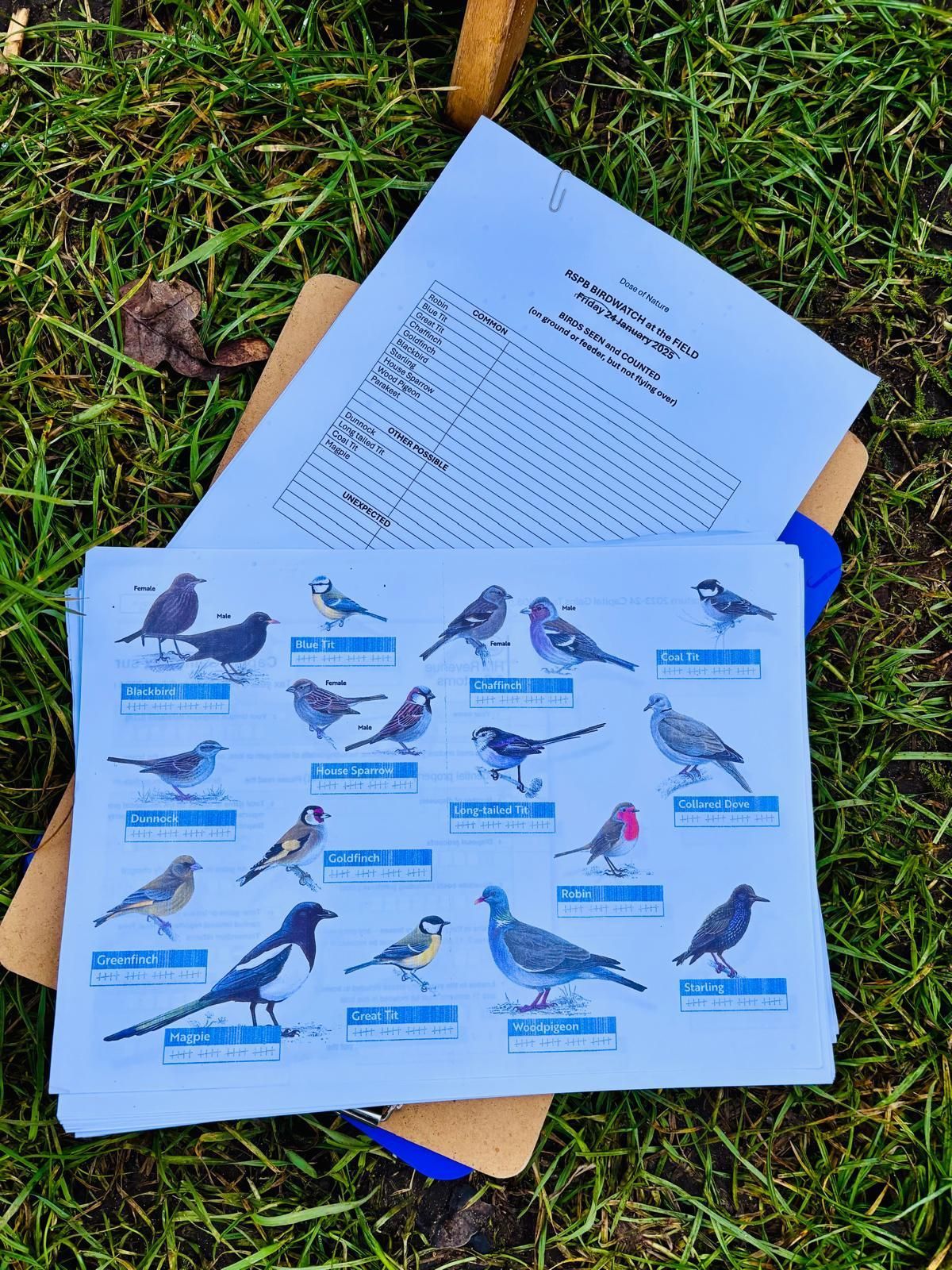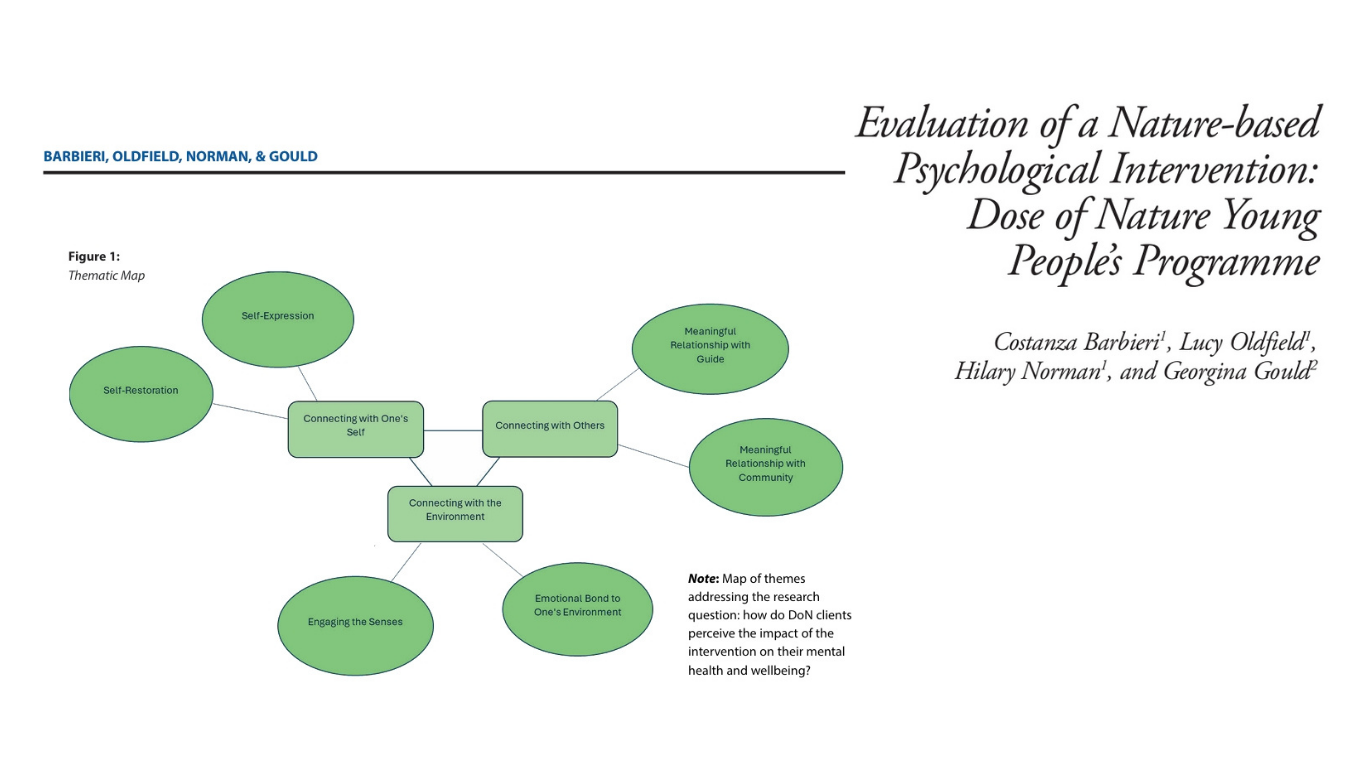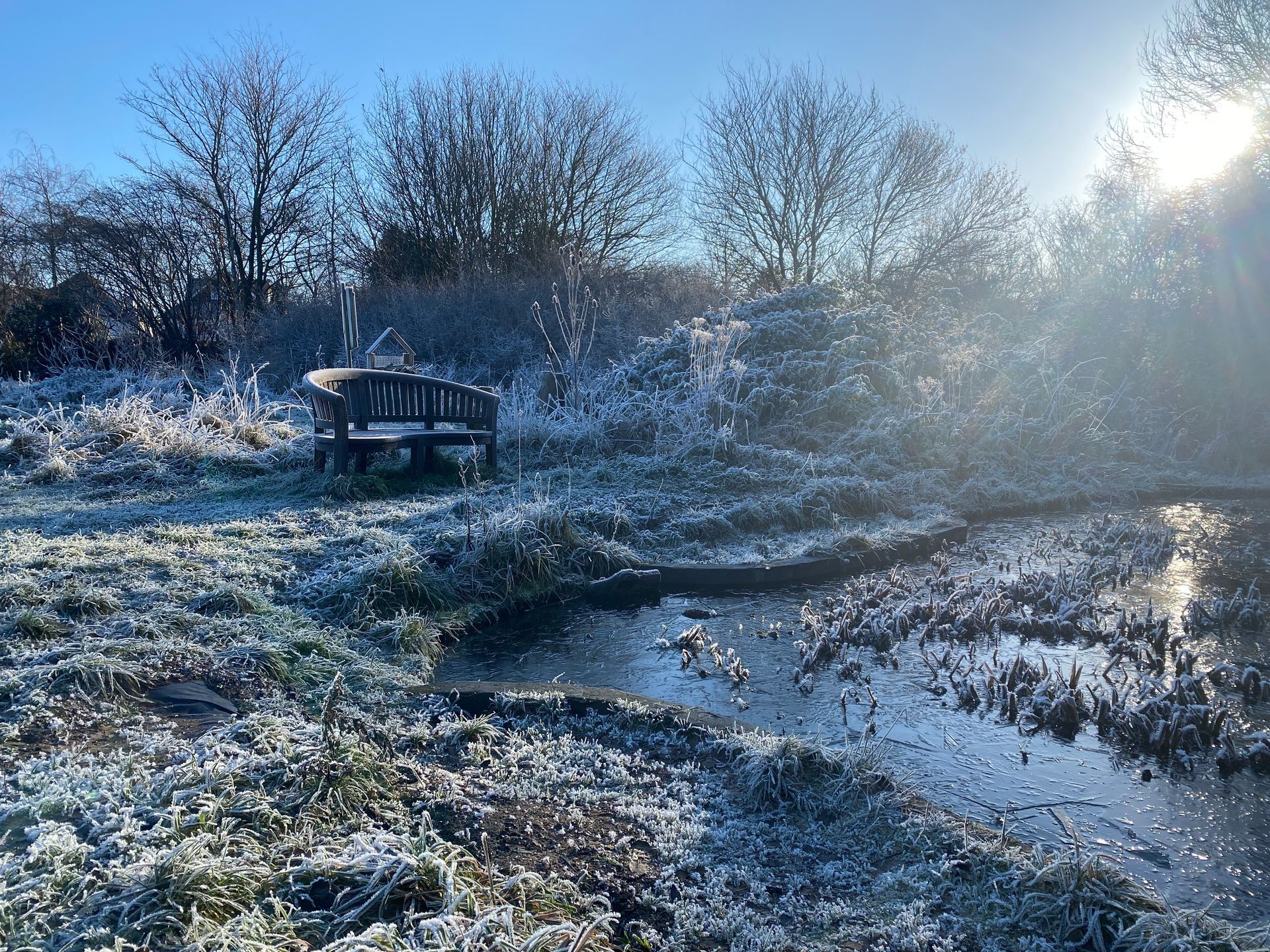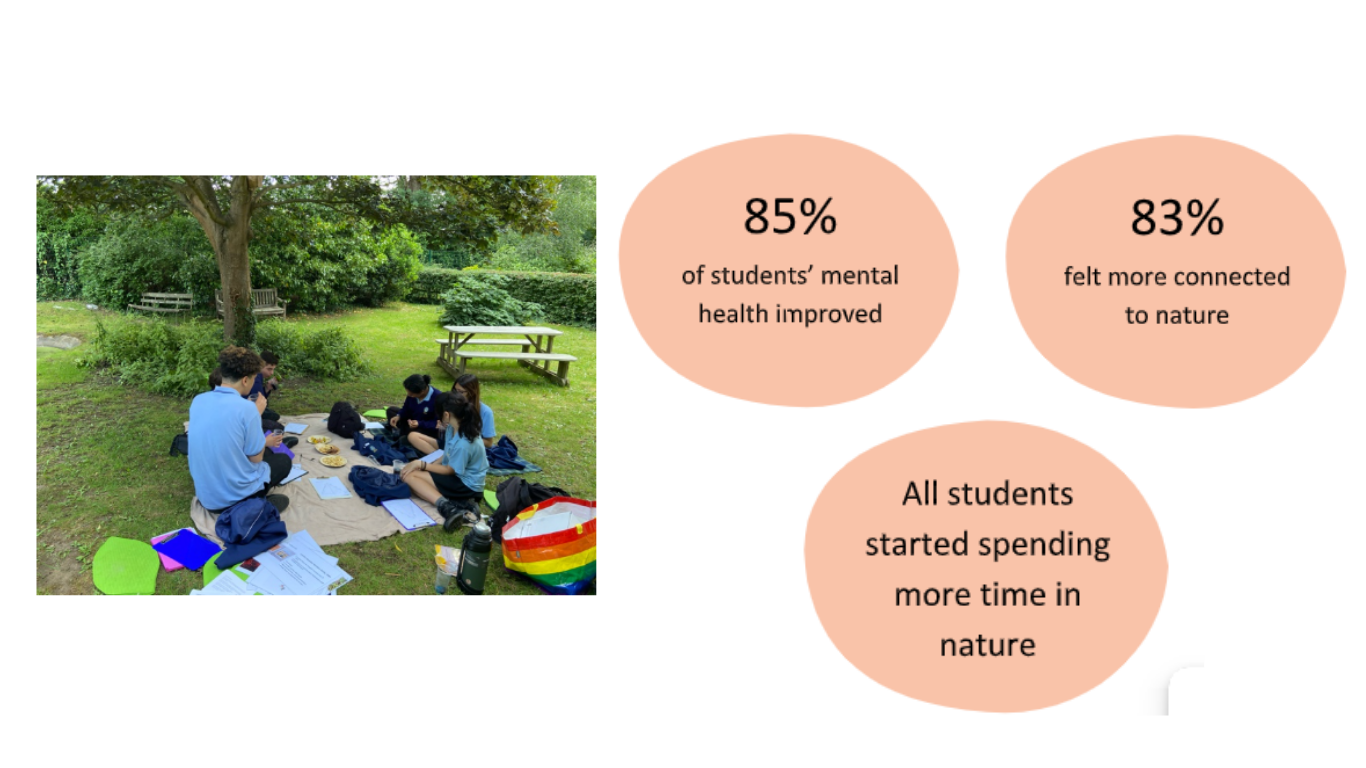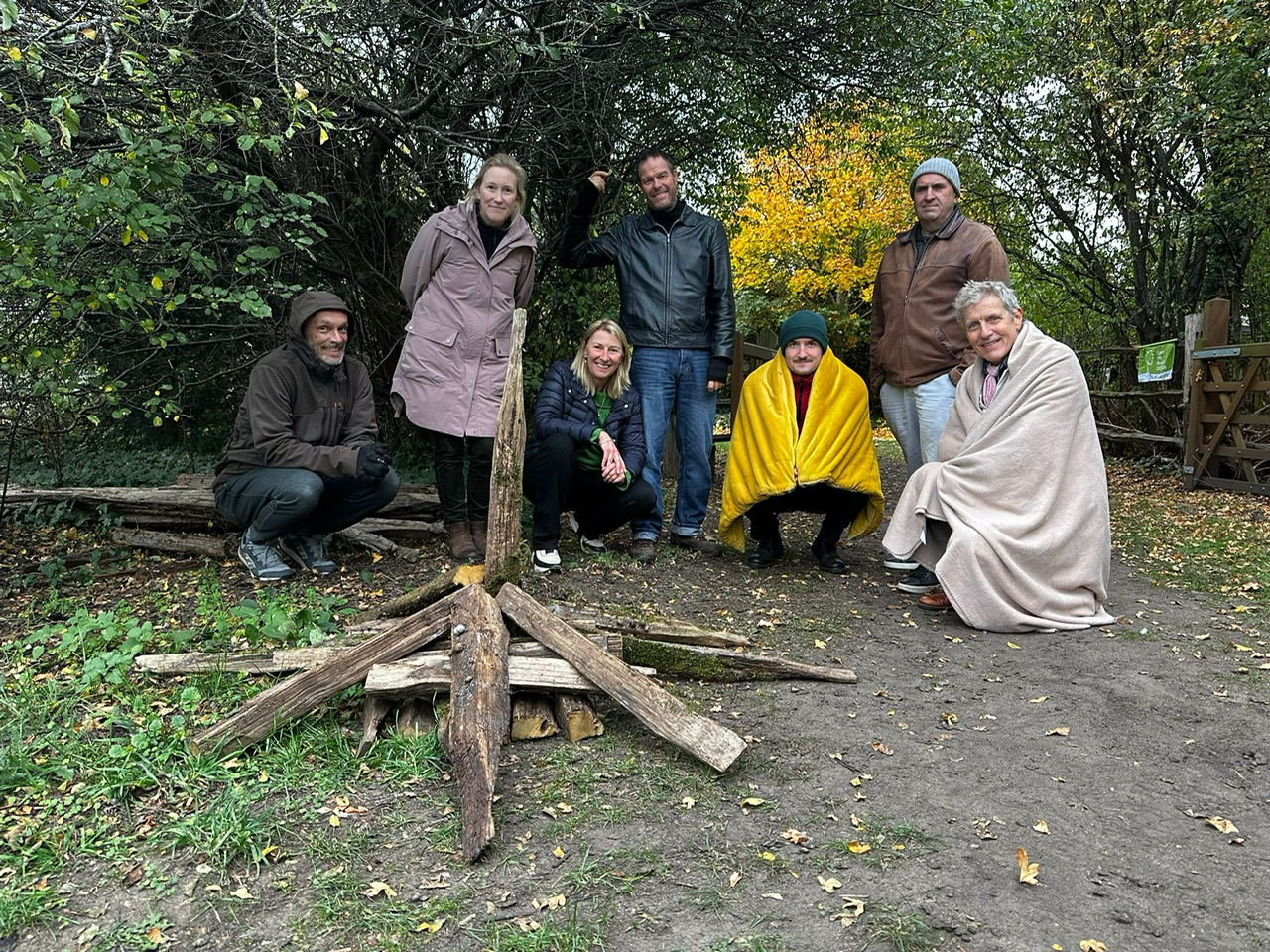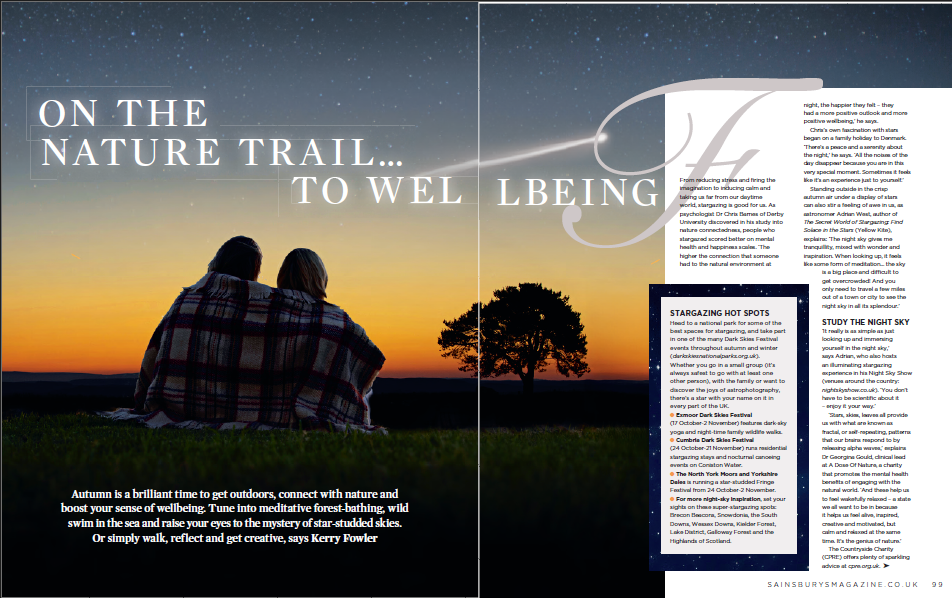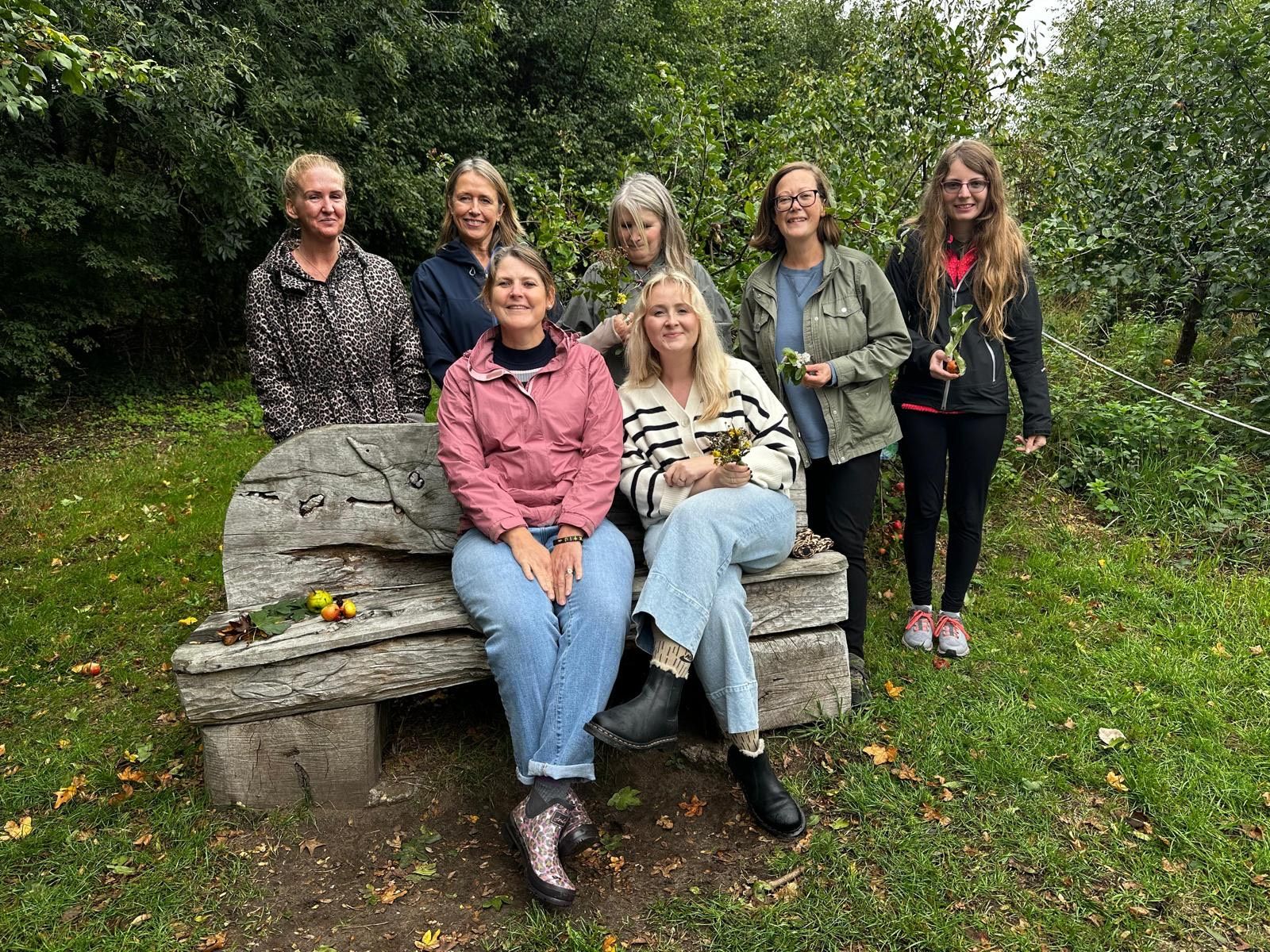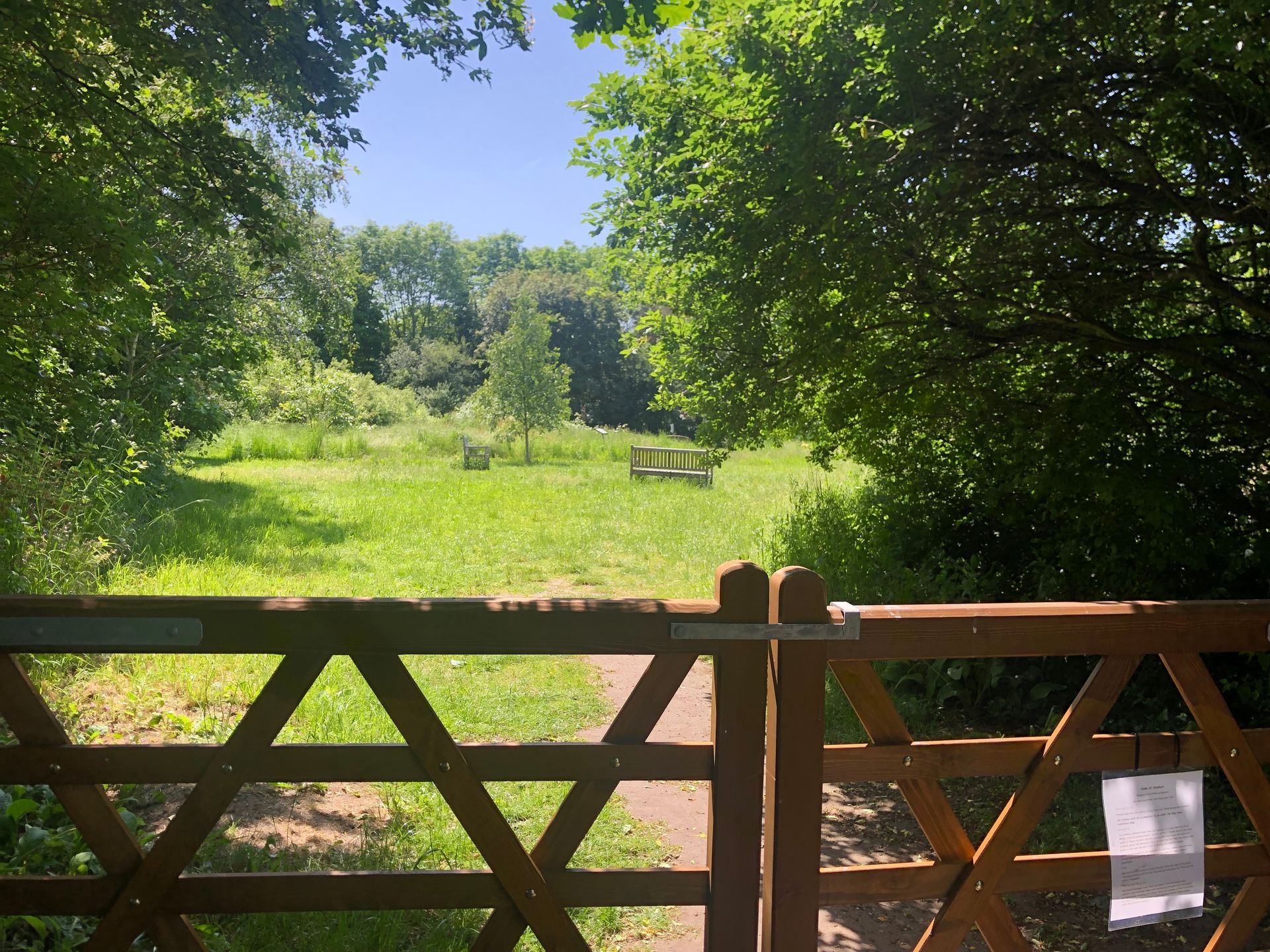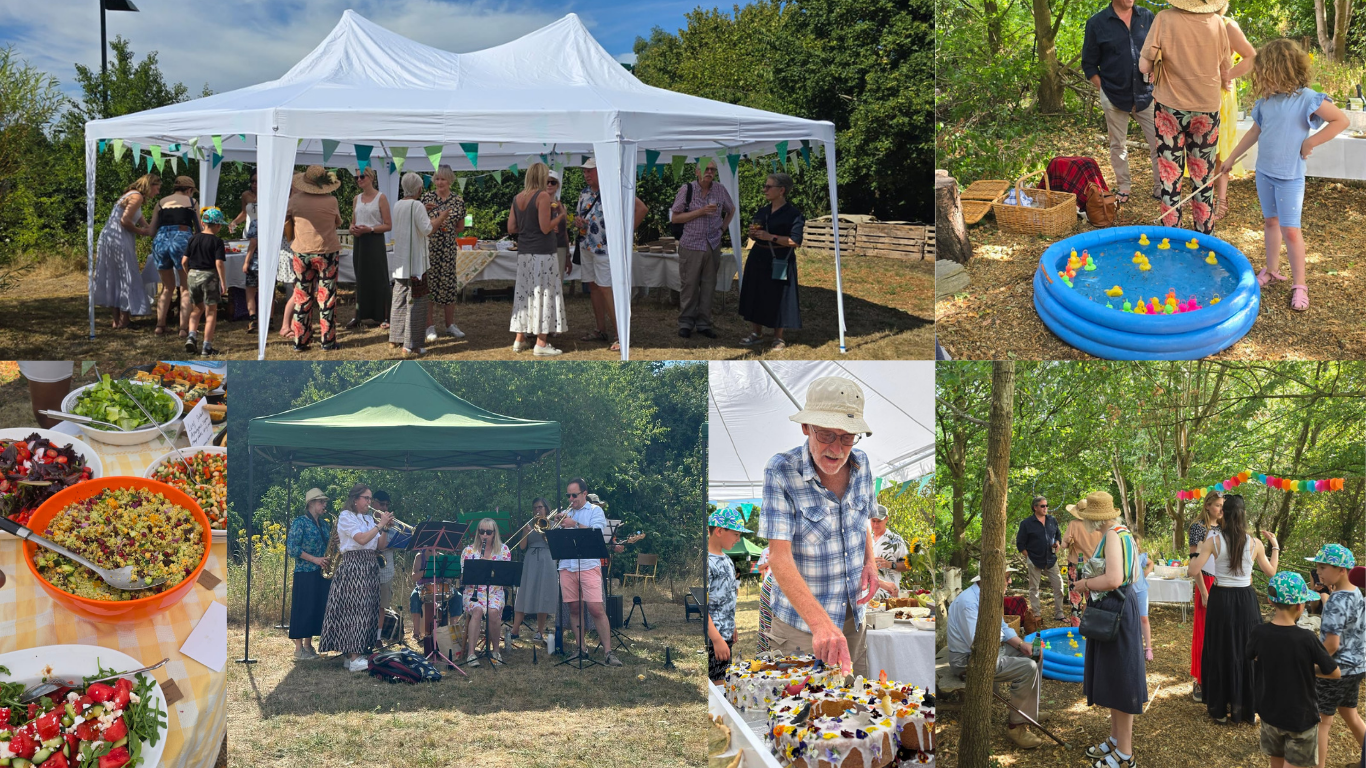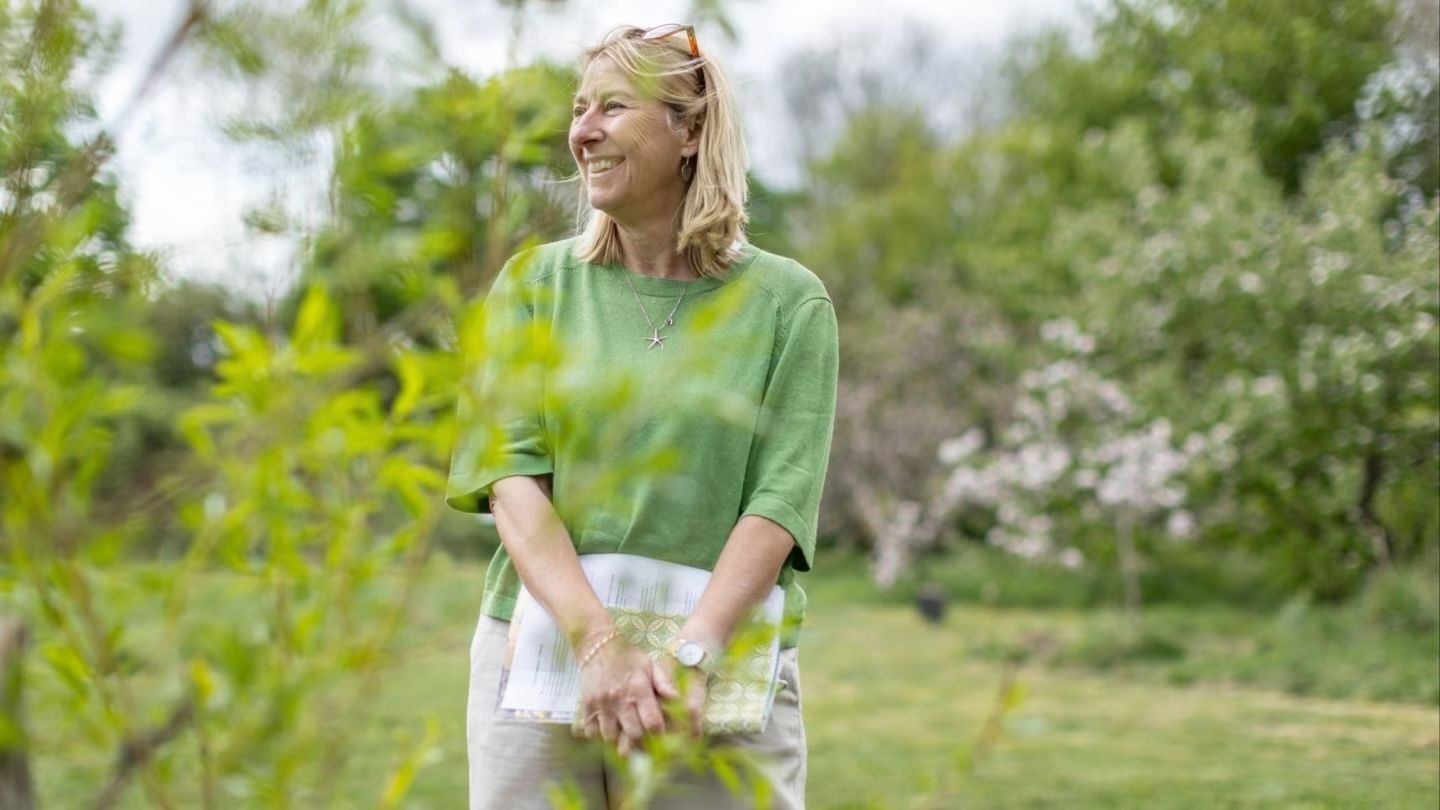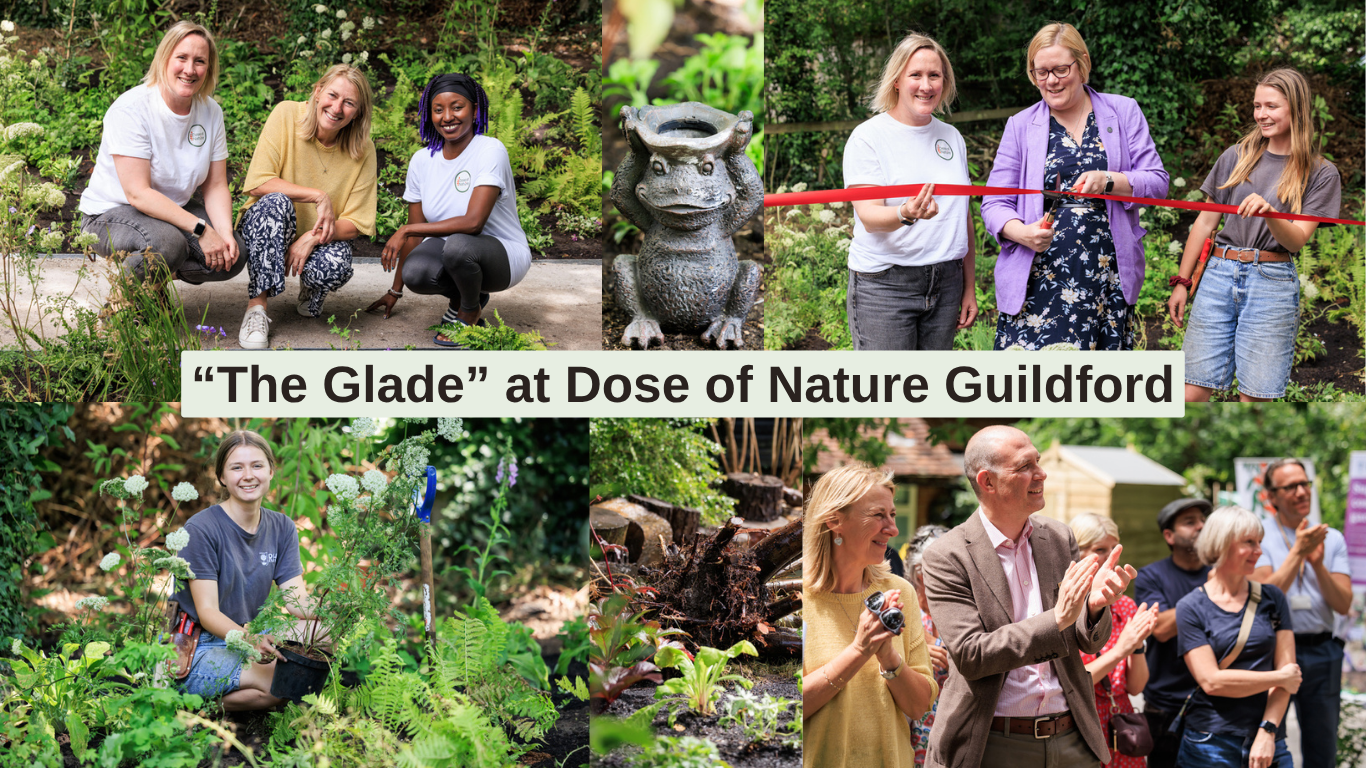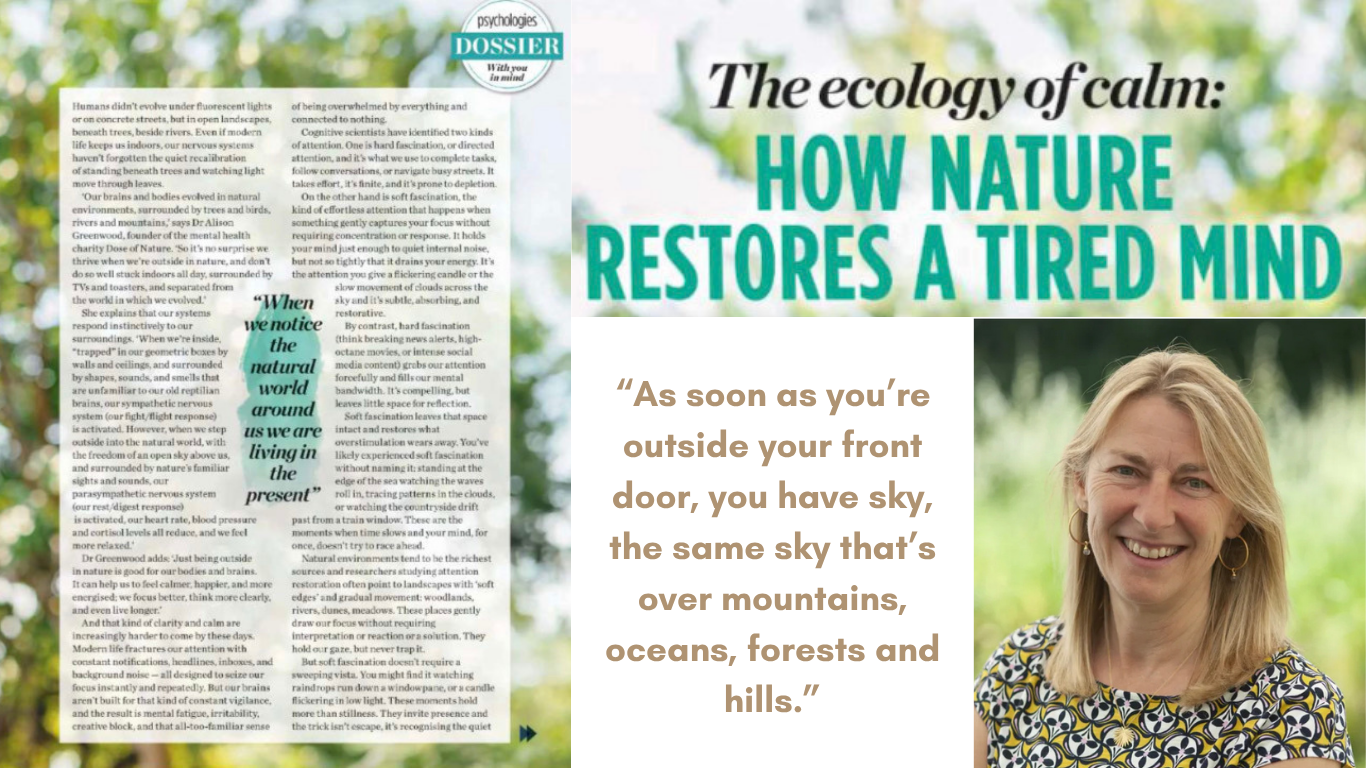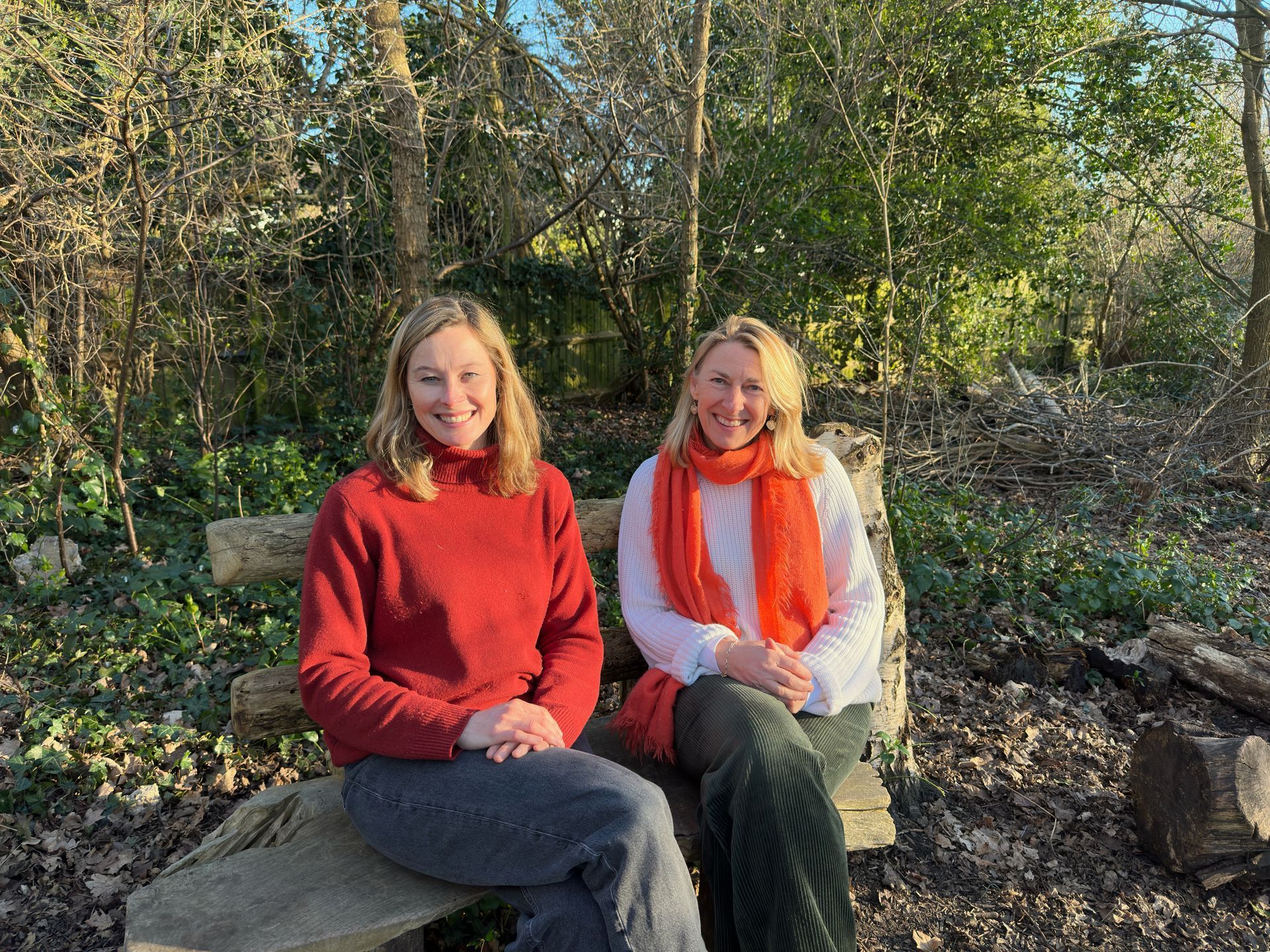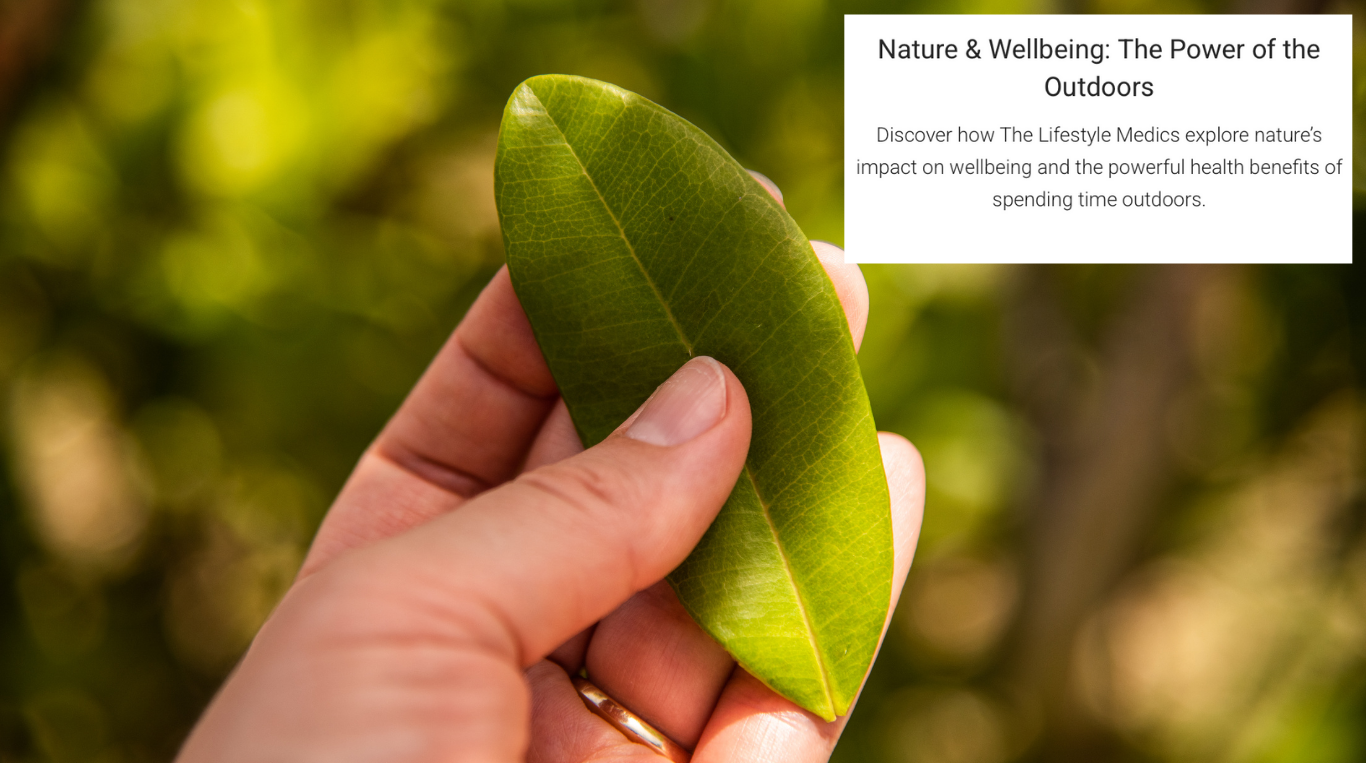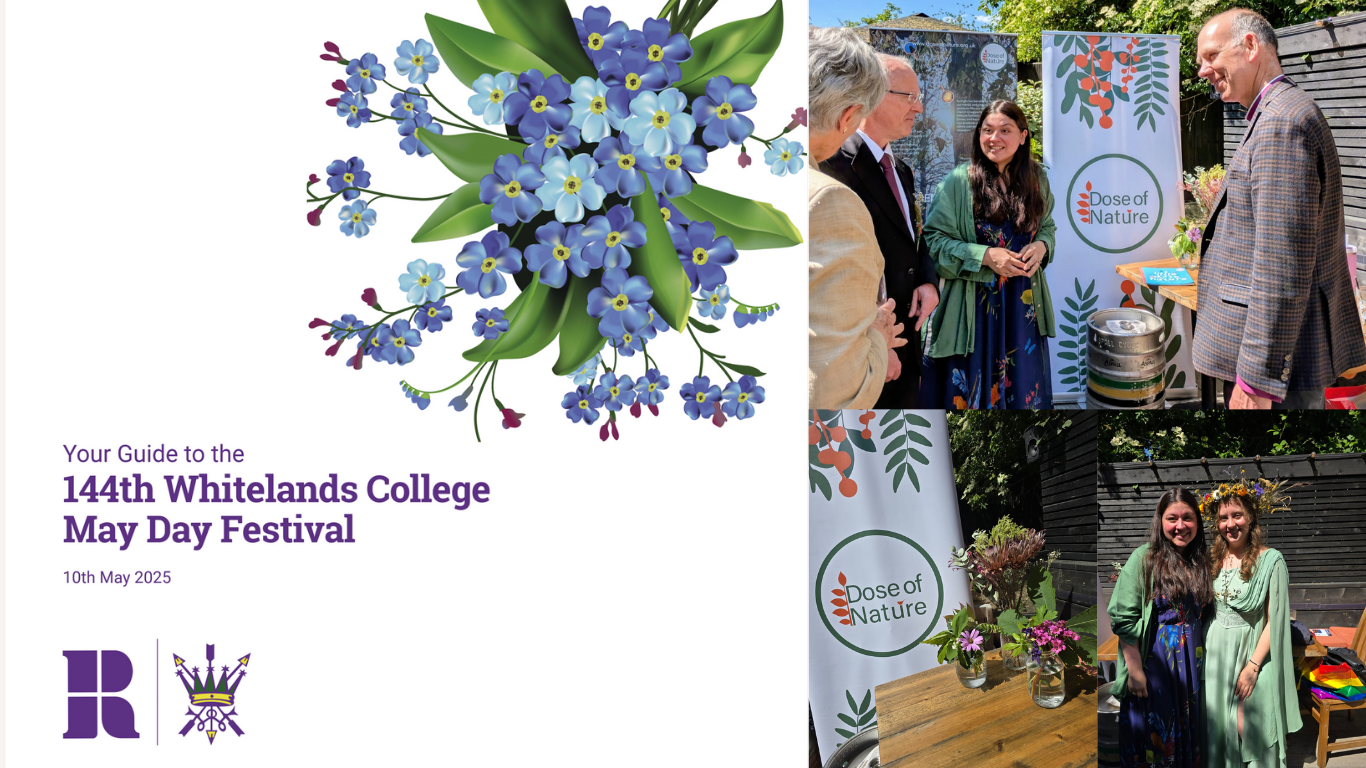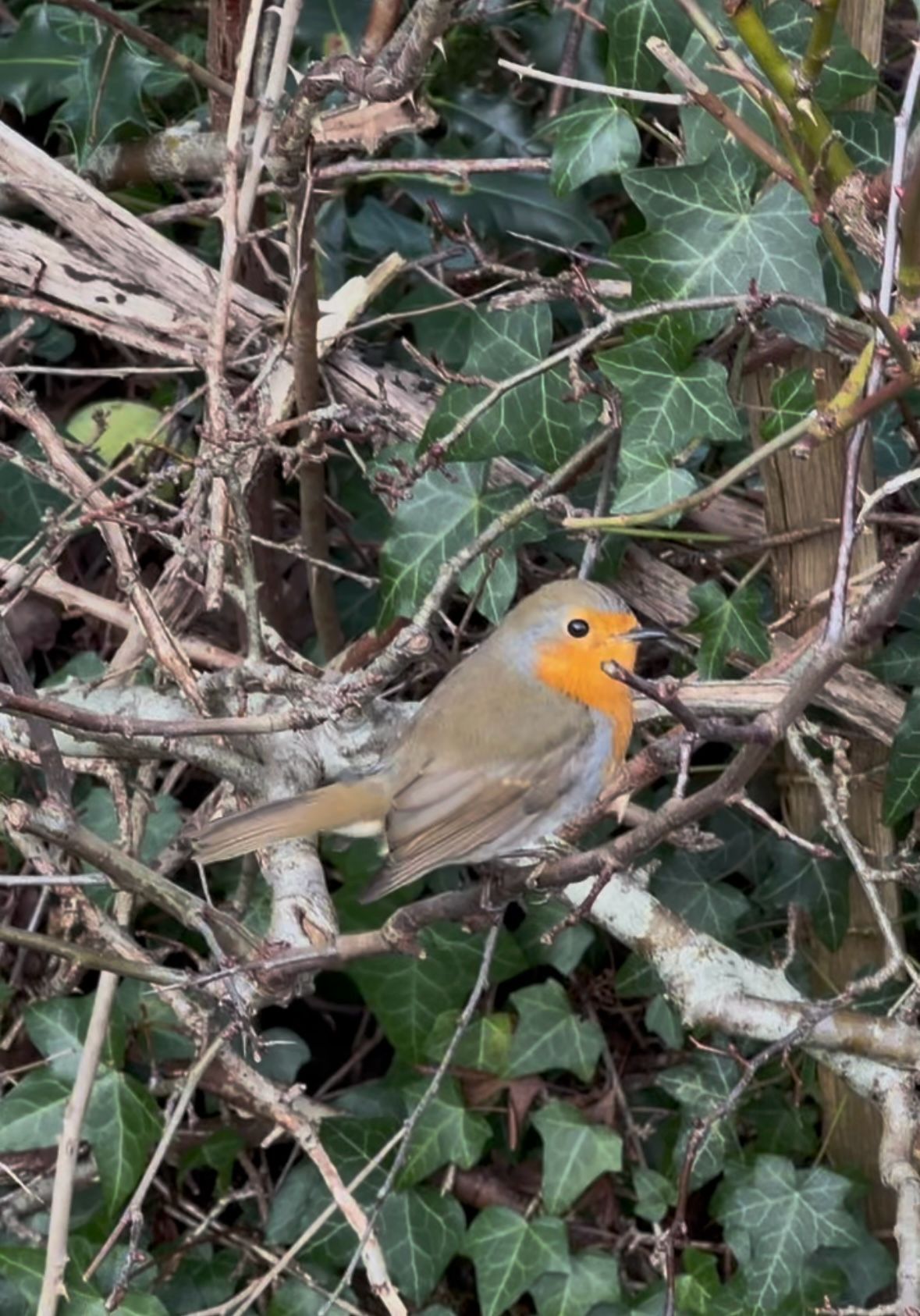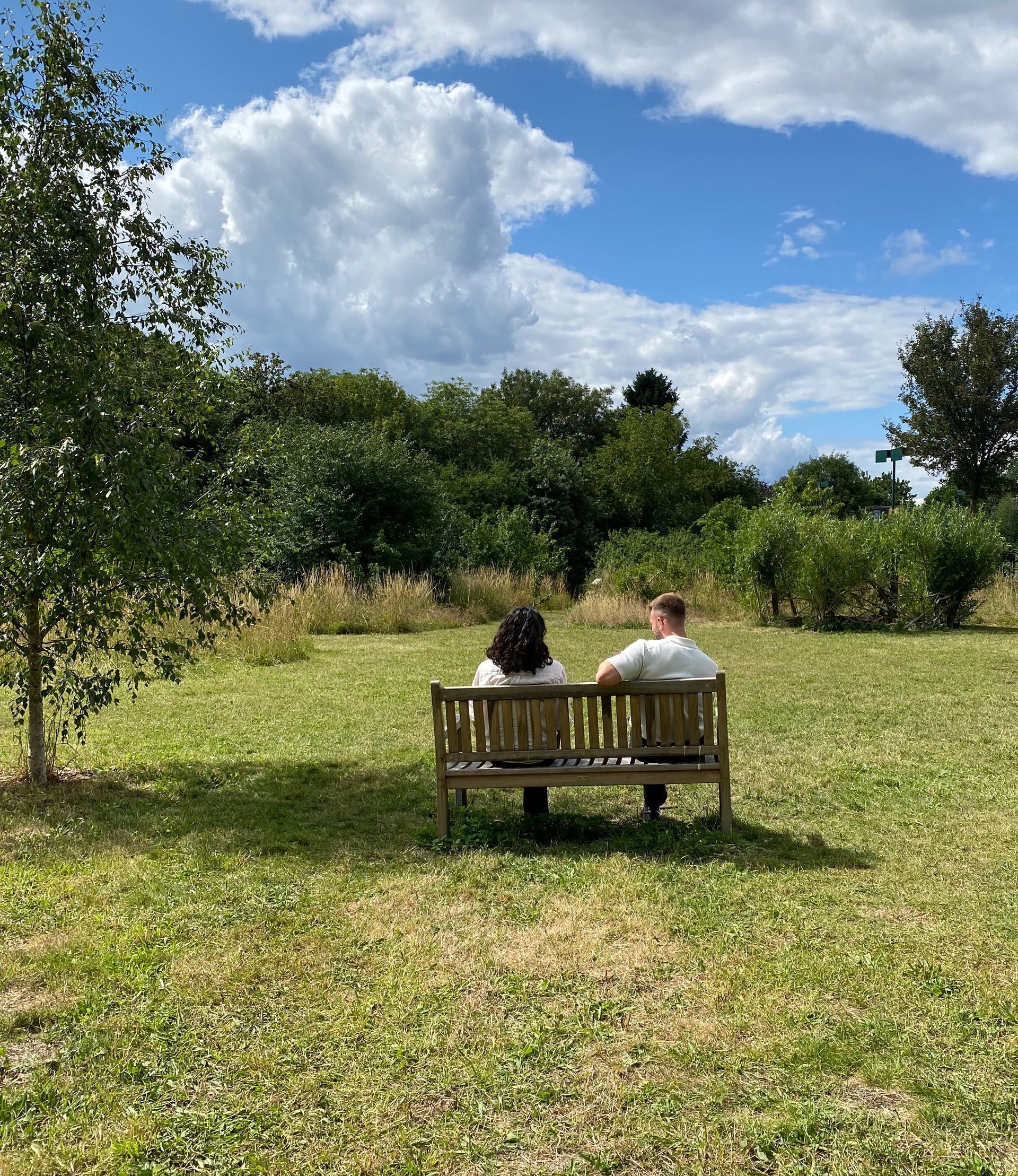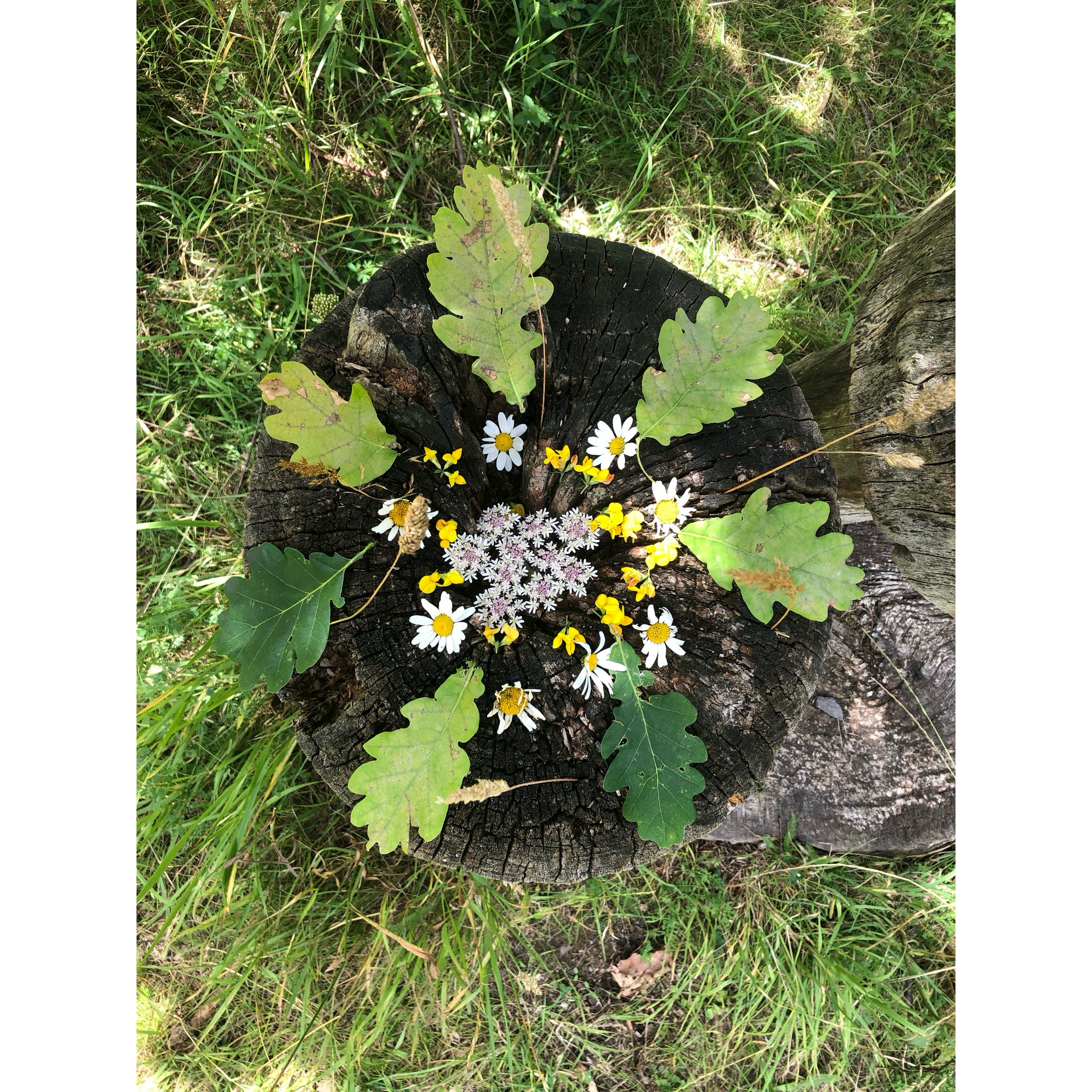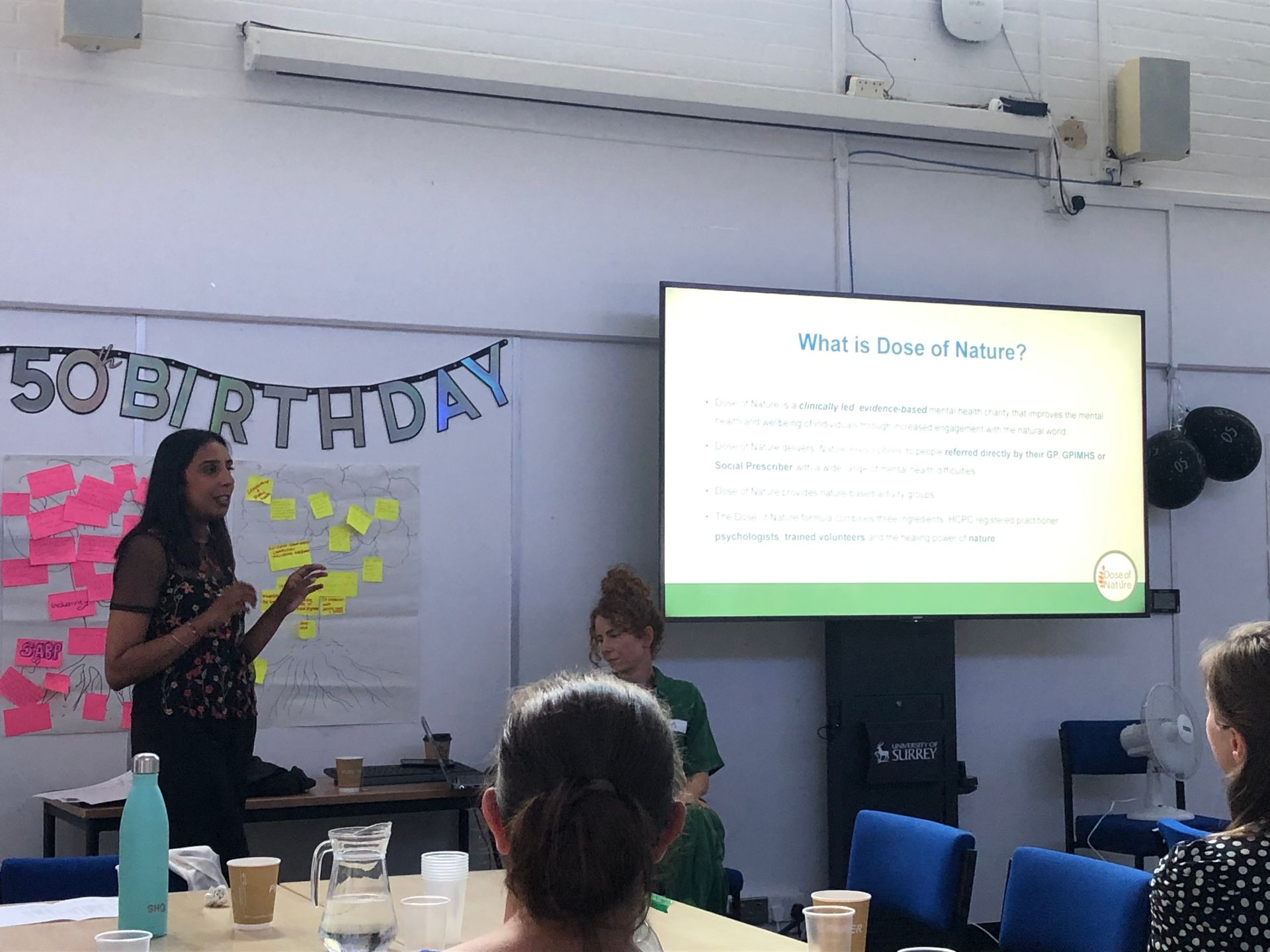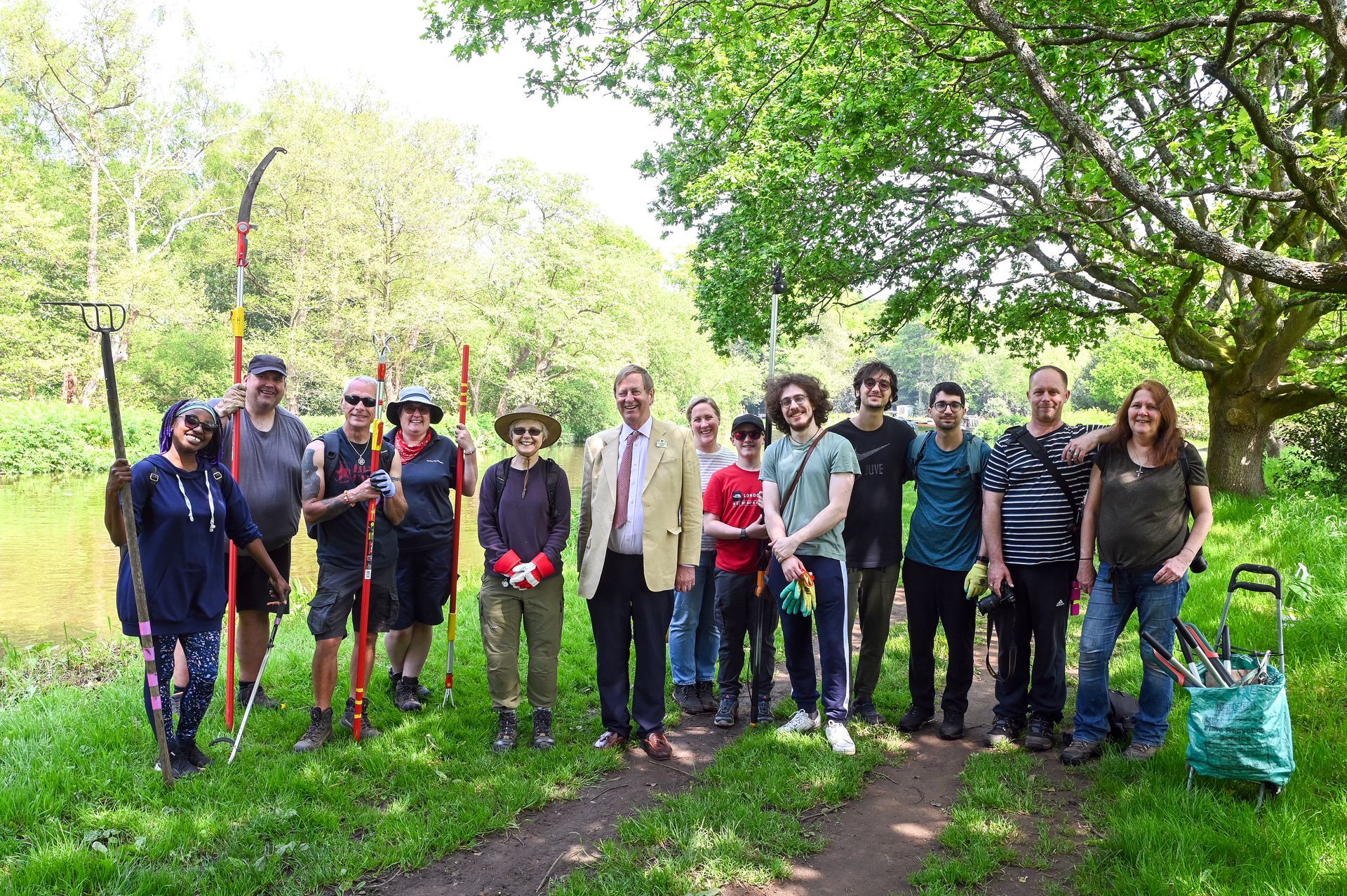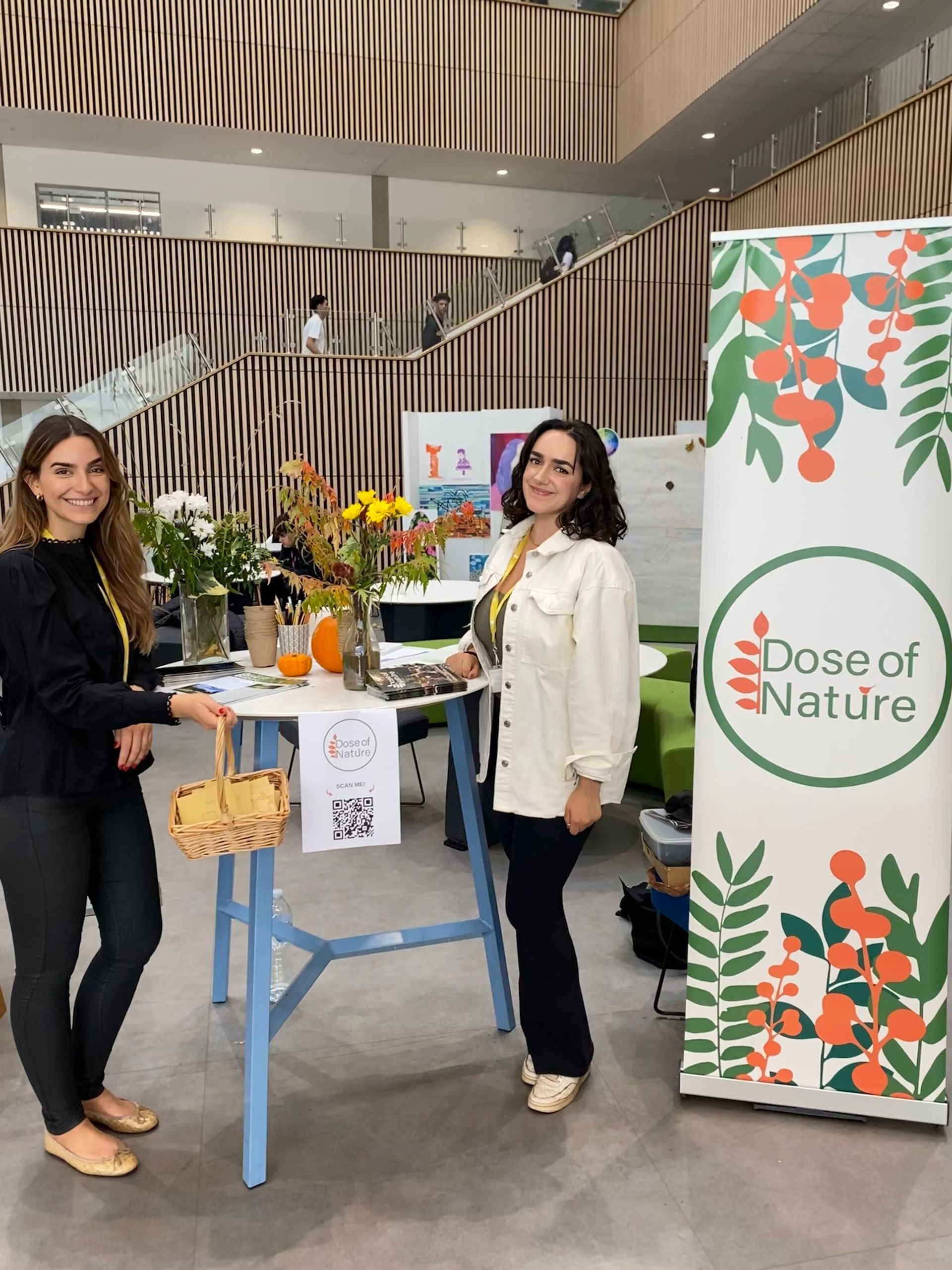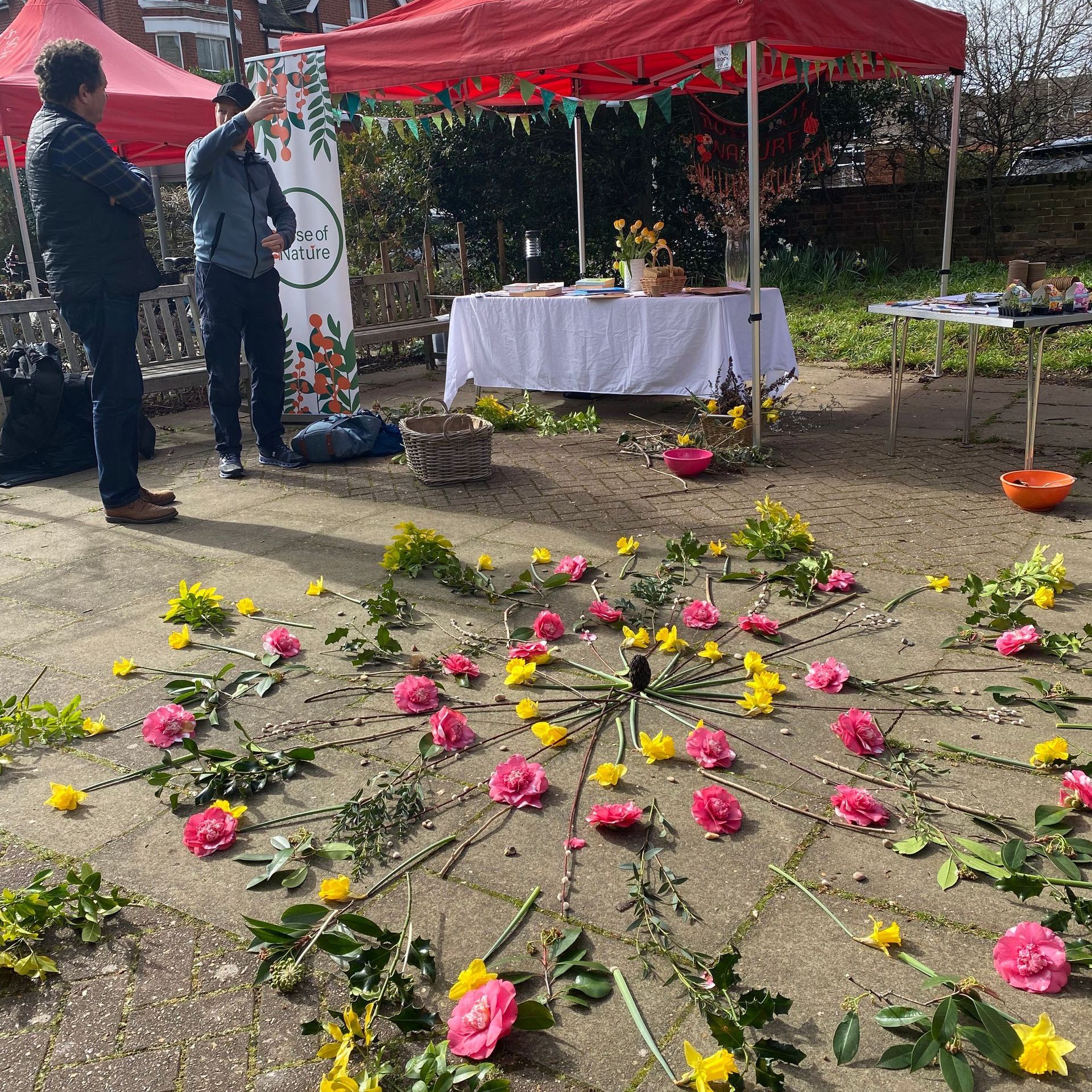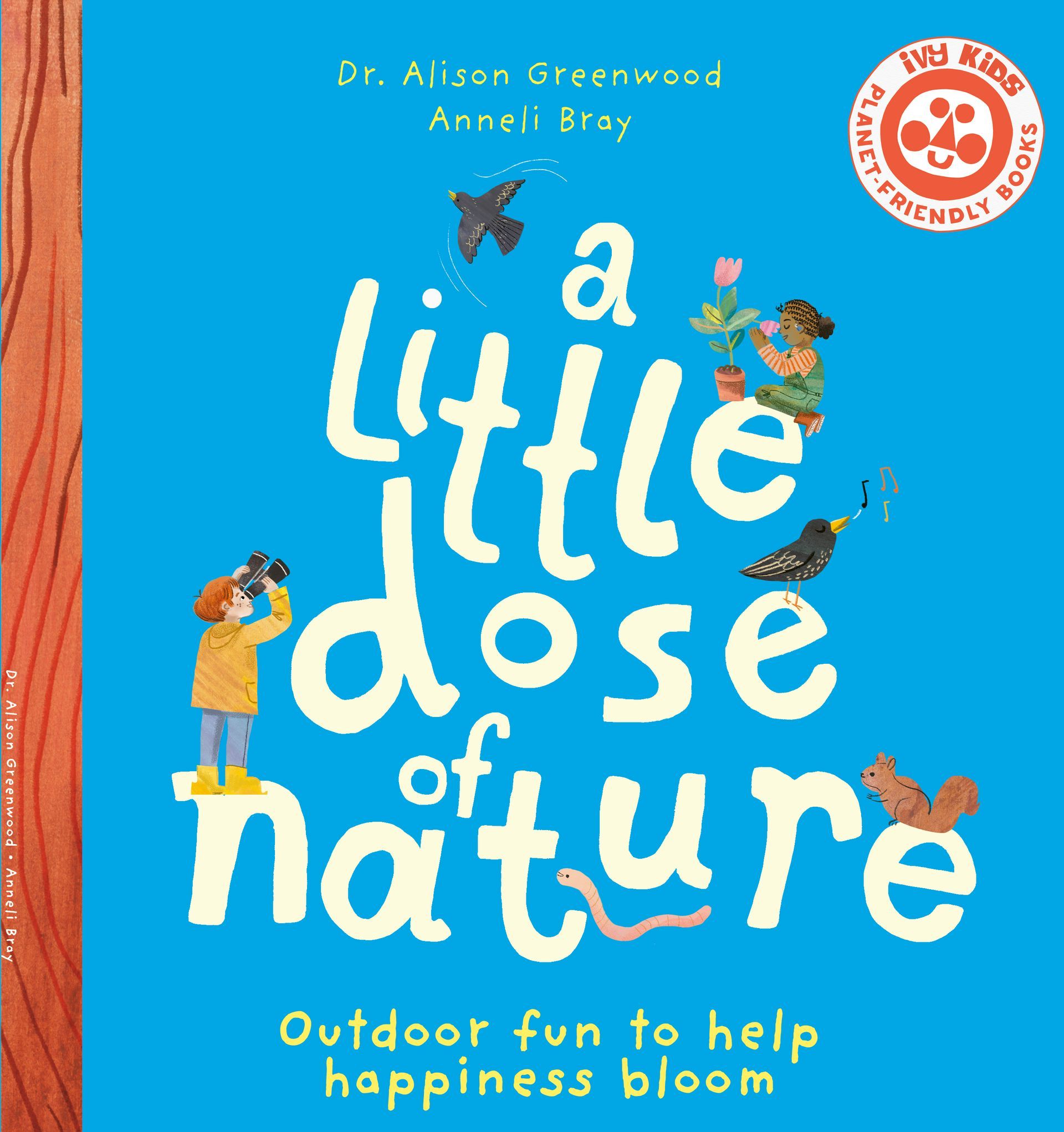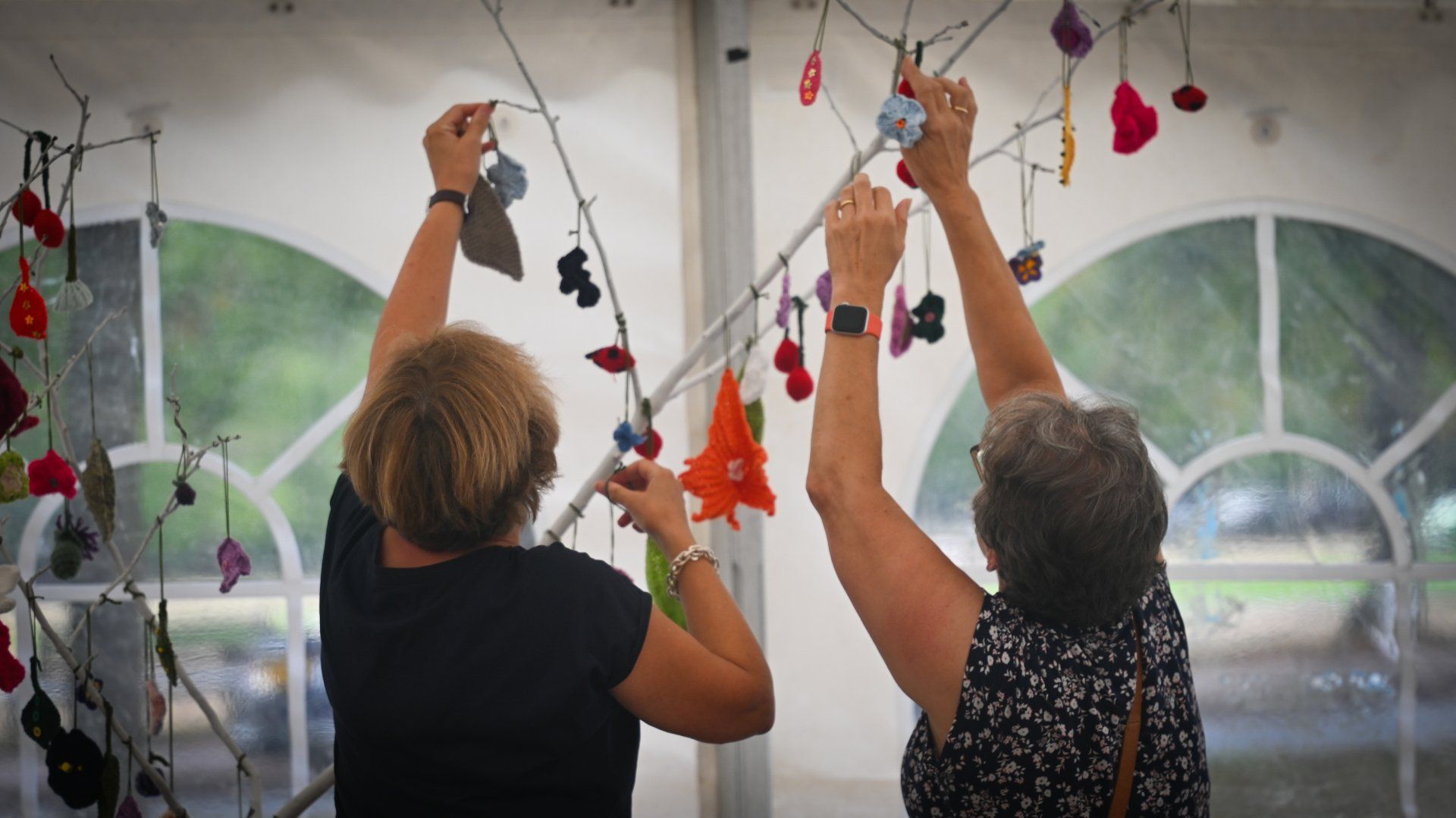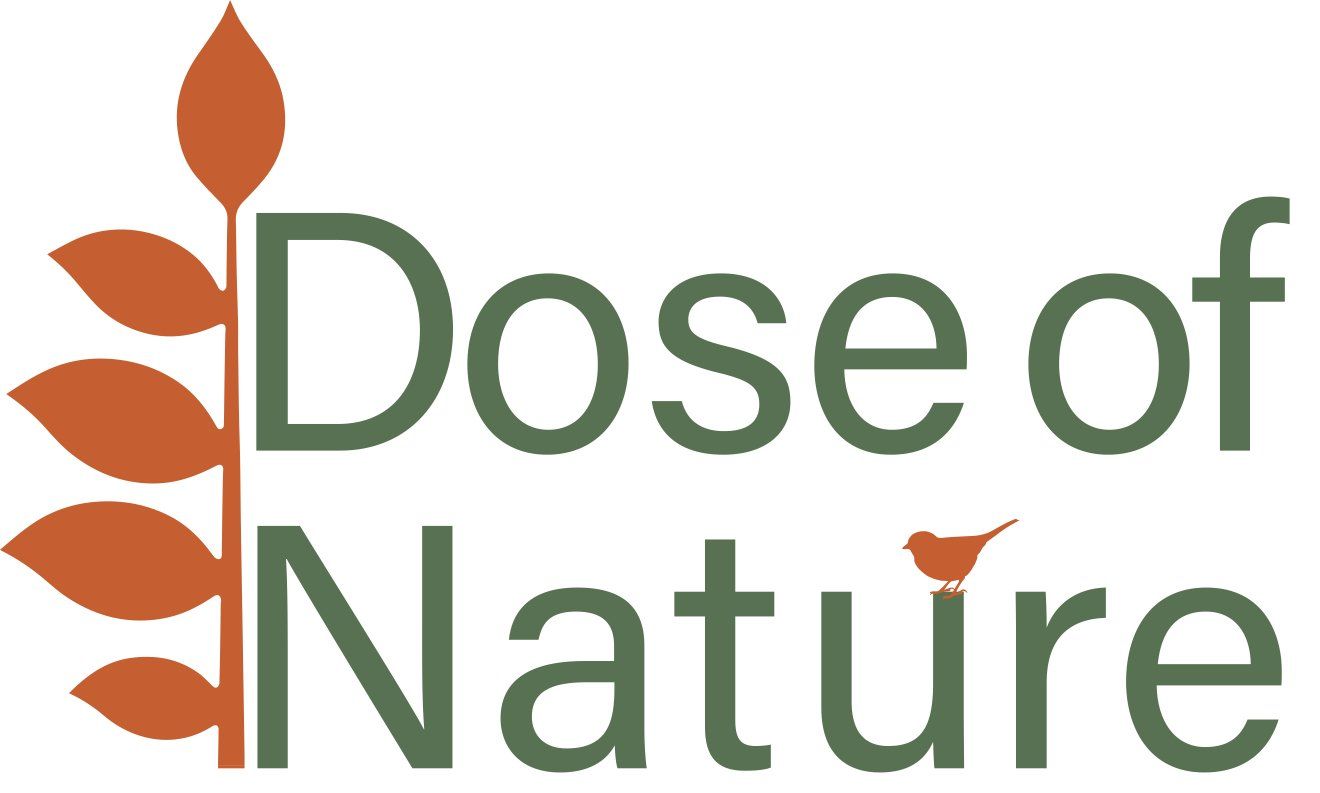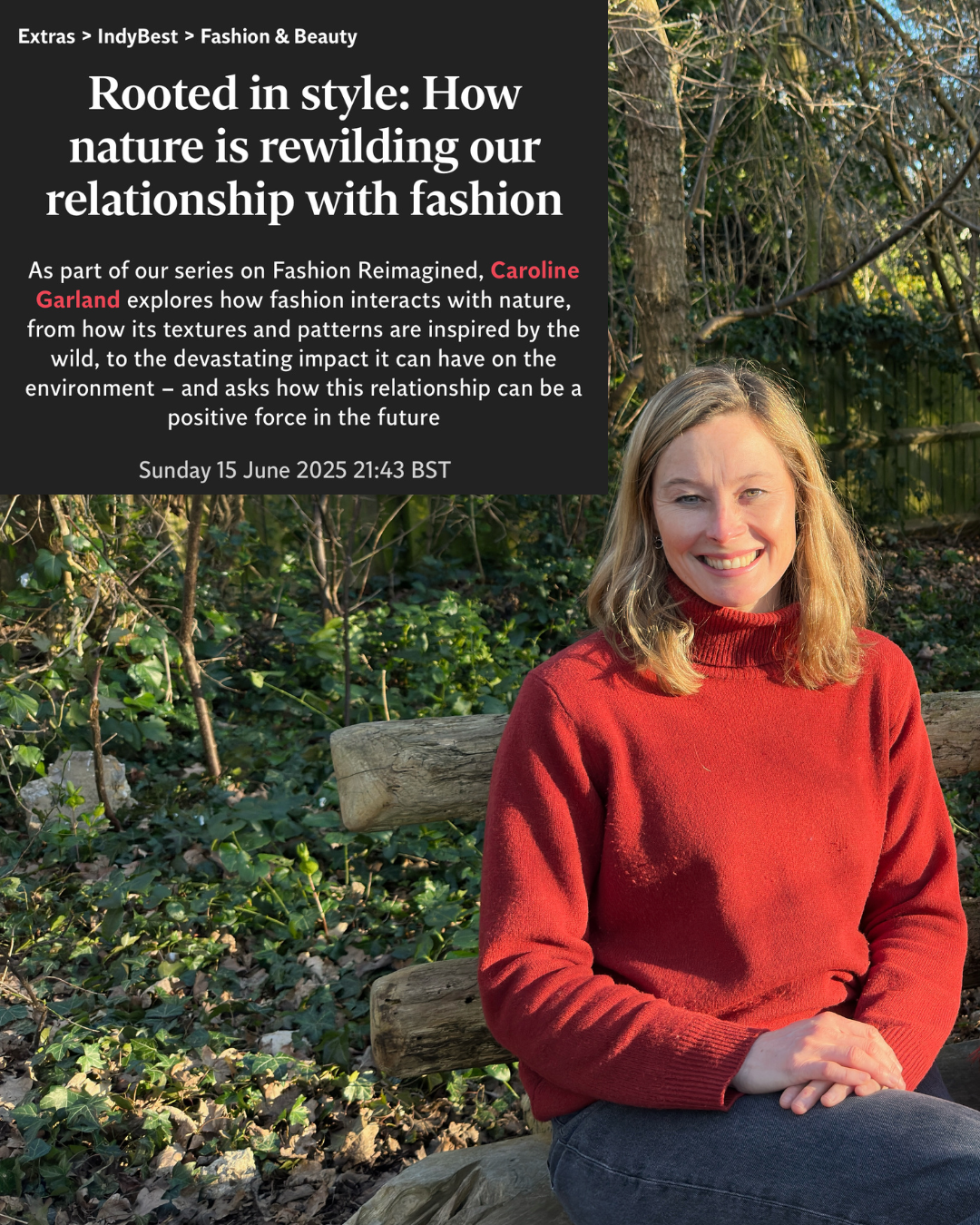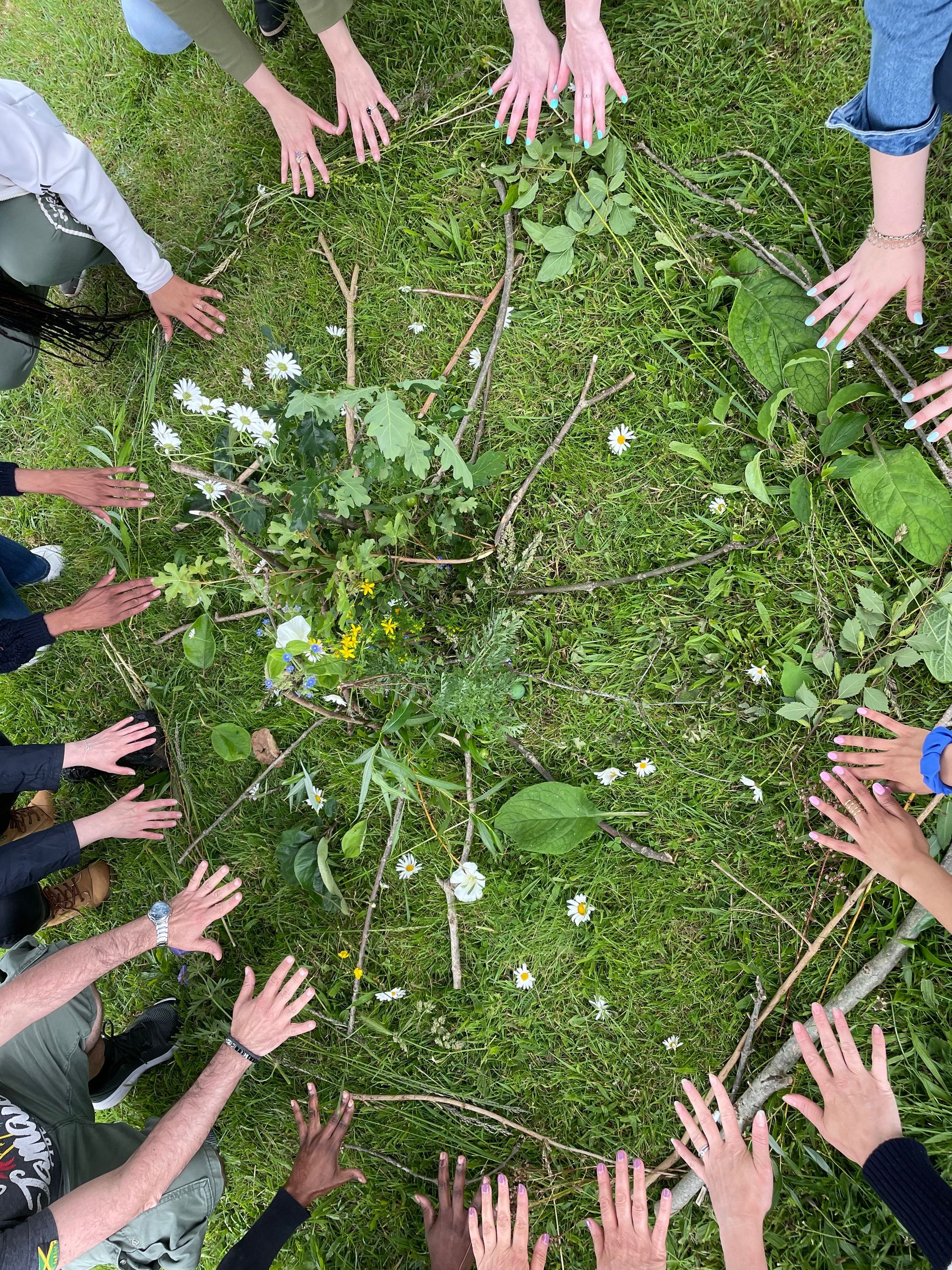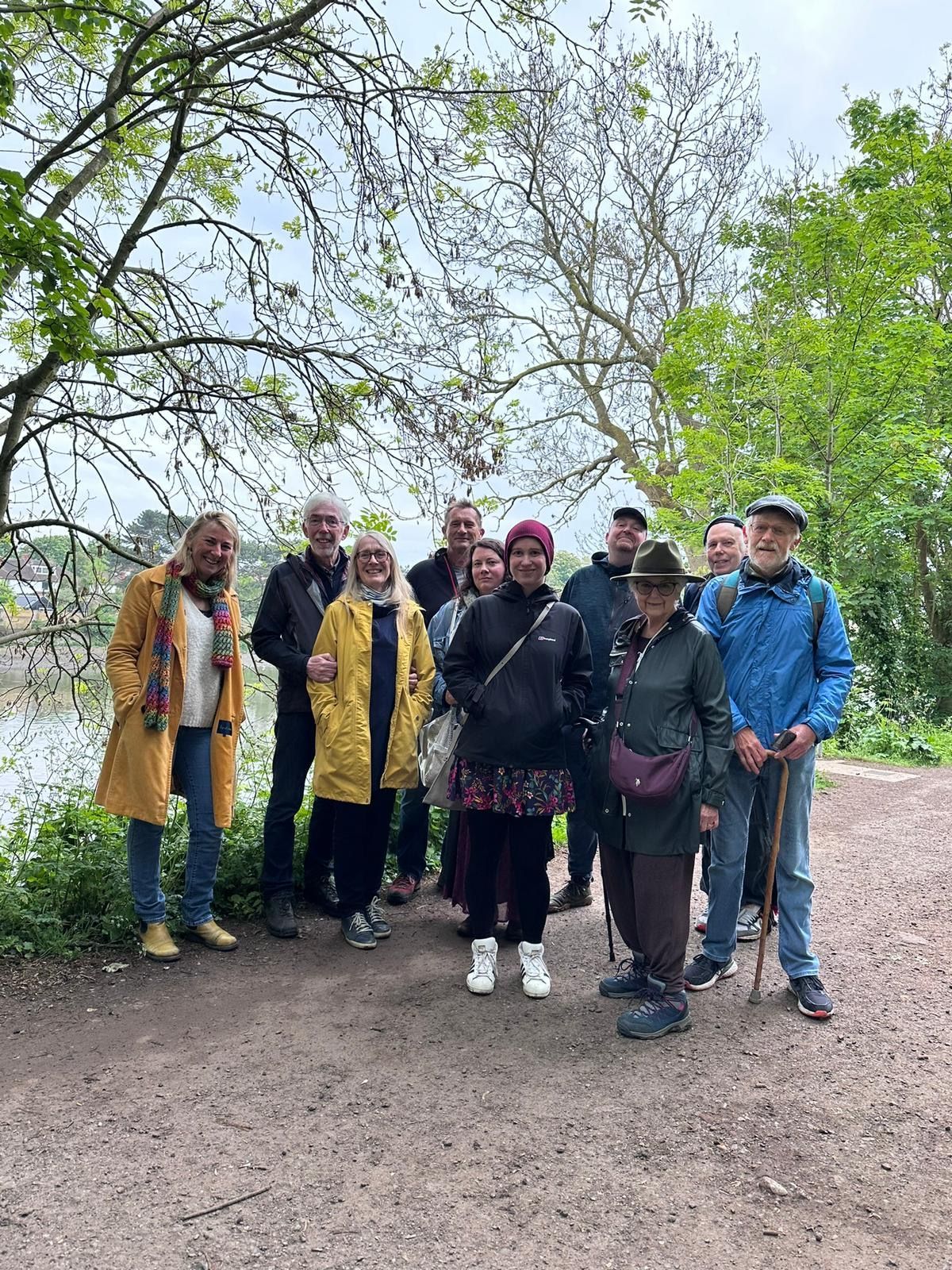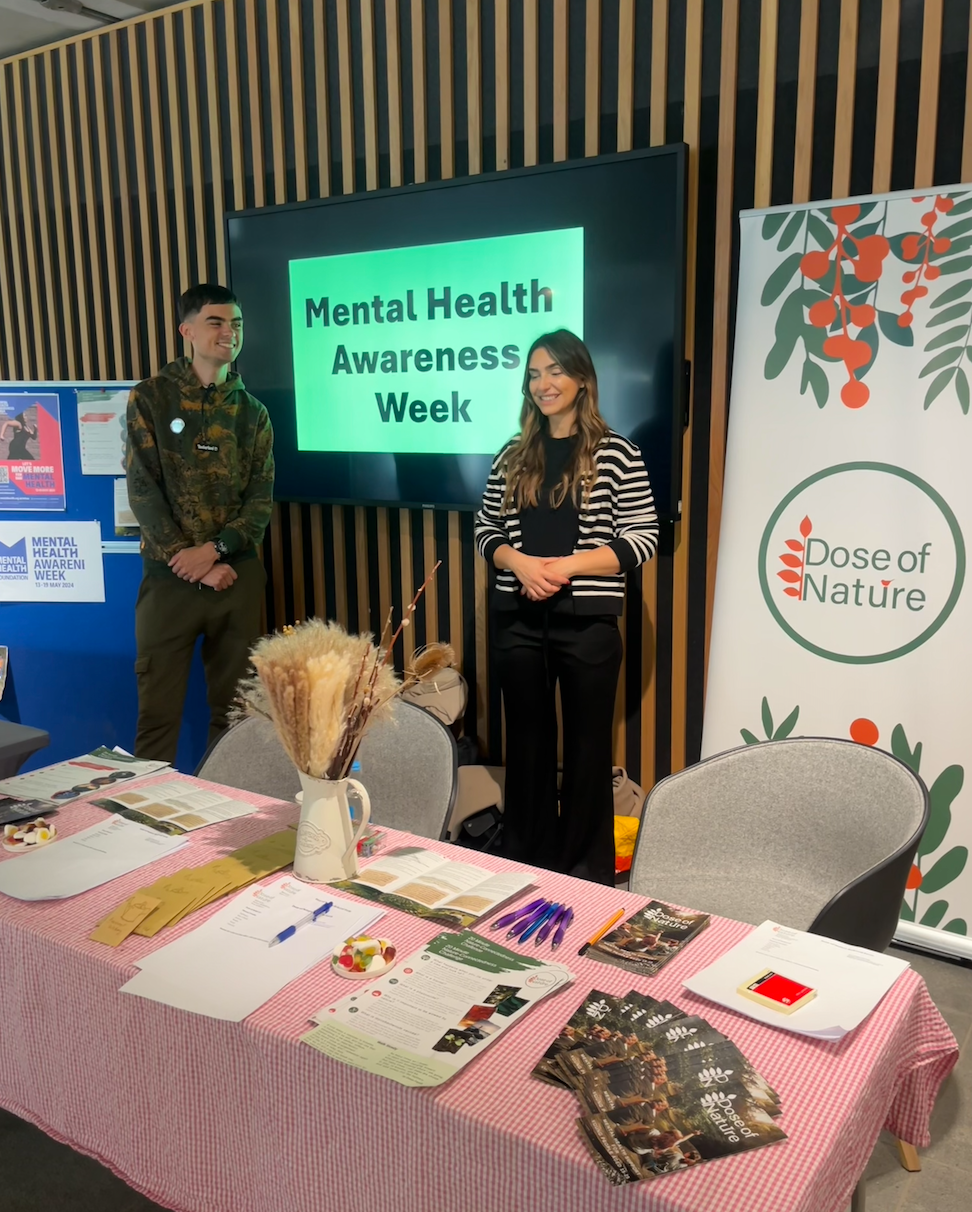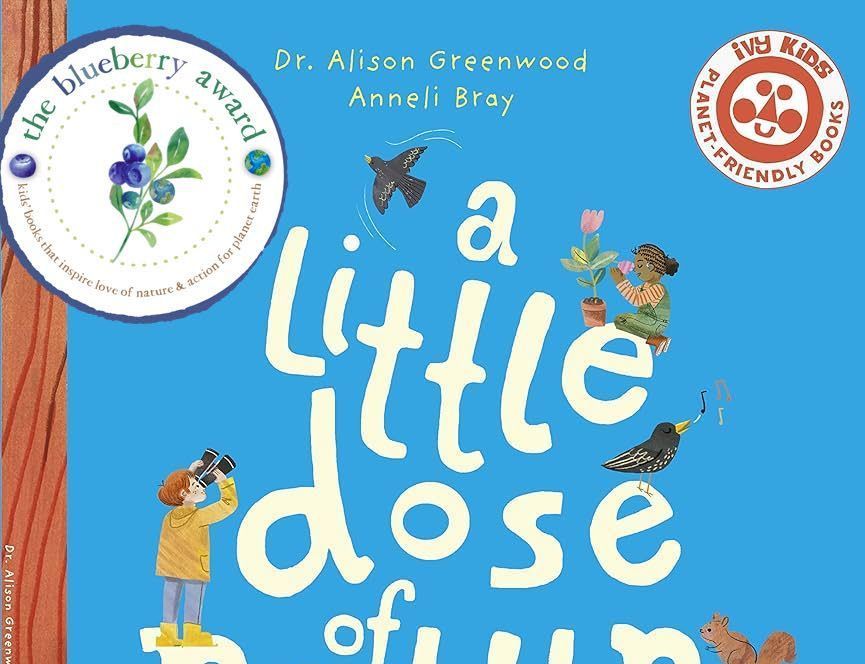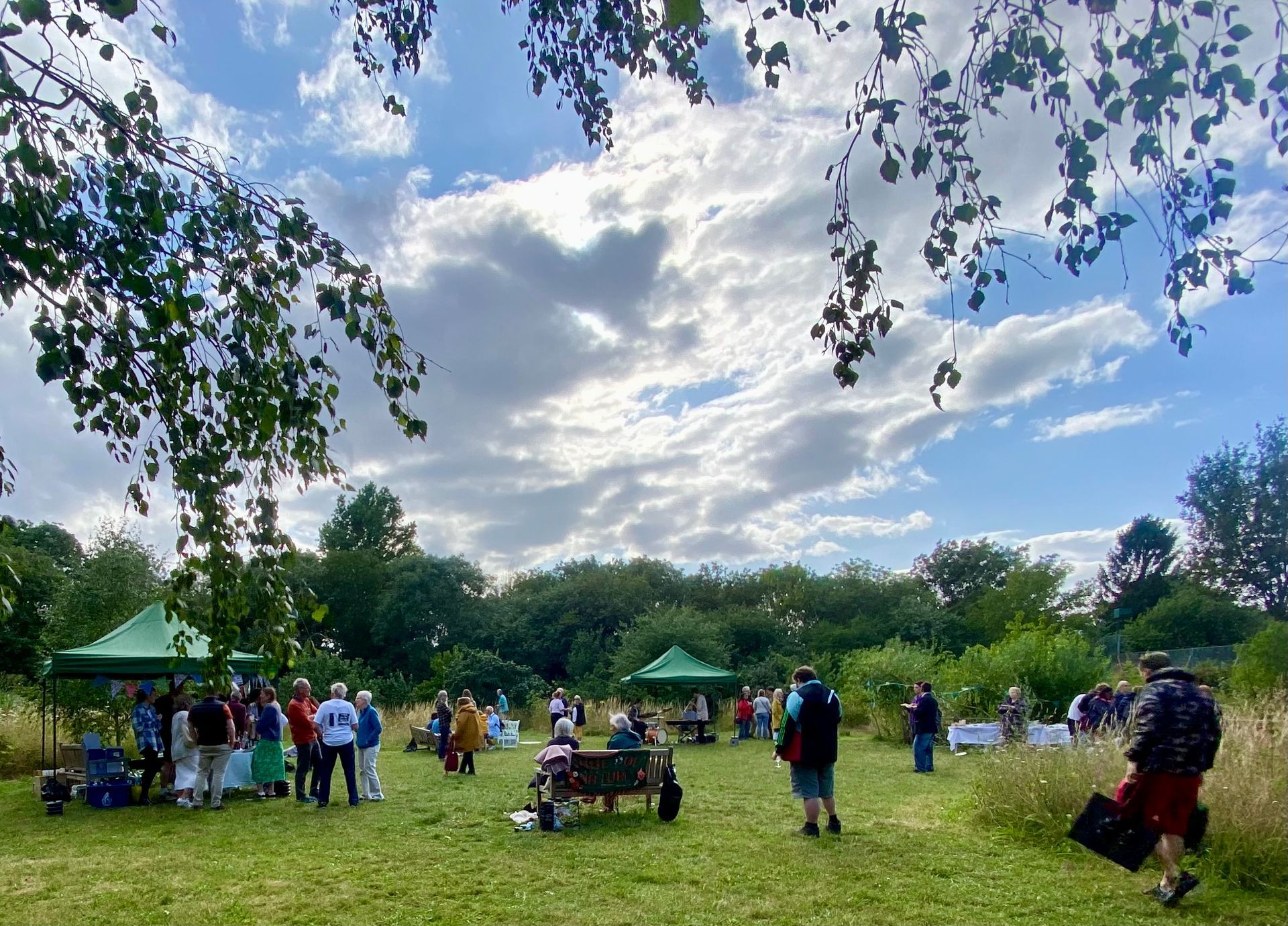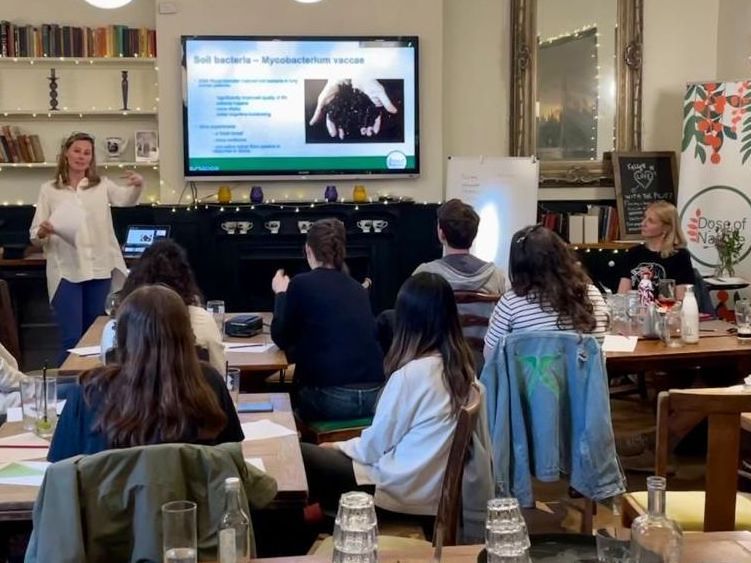Dose of Nature at Kew Gardens: Sounds of Blossom
Dose of Nature was proud to be part of Sounds of Blossom, Kew Gardens’ springtime celebration blending music, blossom, and wellbeing. Visitors were invited to stroll through Kew’s blossom hotspots while enjoying original compositions by students of the Royal College of Music — and to take mindful pauses along the way.
As part of the trail, Dose of Nature created five wellbeing signs placed at natural landmarks around the Gardens. See below, each sign showcasing the five ‘active ingredients’ of nature — simple, science-backed ways that connecting with nature can improve our mental health.
1) Tree-laxation – panel near a large tree
Stand under a large tree and look up! Notice the patterns of the branches, as they get smaller and smaller. These self-repeating patterns are called “fractals” and exist everywhere in the natural world. Scientists have discovered that when we look at fractal patterns, there’s an increase in alpha wave activity in our brains, a sign of a “wakefully- relaxed state” – and who doesn’t want to feel more of that?”
2) Nature sounds – panel by some running water
Close your eyes and listen to the sounds around you – notice how you feel when you hear the birds singing, or water running. How does this compare with when you hear an aeroplane or a car engine?
Listening to the sounds of nature can make us feel happier, calmer and less stressed. We find comfort in these sounds because they are familiar to our brains, whilst the sounds of the modern world are unfamiliar and perceived by our brains as potential threats.
3) Phytoncides – panel near pine trees
Take a deep breath in through your nose – what can you smell? Even if you can’t smell anything, you are breathing in “phytoncides”. These are the chemicals that all trees and plants give off to protect themselves from threats such as fungi and bacteria. Breathing in these phytoncides increases natural killer cells in the blood, boosting immune functioning, reducing stress and improving sleep.
4) Soil bacteria – panel near clean soil
Bend down and touch the soil, feel it beneath your fingers, sniff it, write your name in it with a stick!
There is growing evidence to suggest that breathing in, playing in, digging in, and even eating dirt may be good for our health. The microorganism in soil called “mycobacterium vaccae” has been found to have a positive impact on mood, vitality, and even cognitive functioning.
5) Awe in nature – panel in front of something awe-inspiring
Look straight ahead! Notice how you feel when you look at something stunningly beautiful in nature. Sometimes we experience goosebumps or a tingly feeling down the back of the spine at the sight of something truly spectacular – it’s awe-inspiring! Experiencing ‘awe’ as often as we can is good for our mental health. Researchers have found the more awe we have in our lives, the less stressed and more contented we seem to be!
Together, these signs encouraged visitors to slow down, engage their senses, and discover the science of how nature supports our wellbeing.
To learn more about the event, visit the Kew Gardens website.
